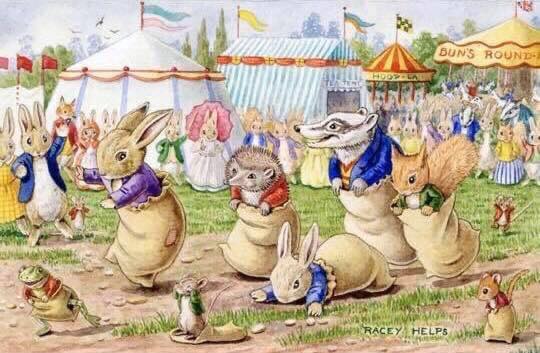As God contains all good things, He must also contain a sense of playfulness — a gift he has shared with Creatures other than ourselves, as witness the tricks Crows play, and the sportiveness of Squirrels, and the frolicking of Kittens.
Margaret Atwood
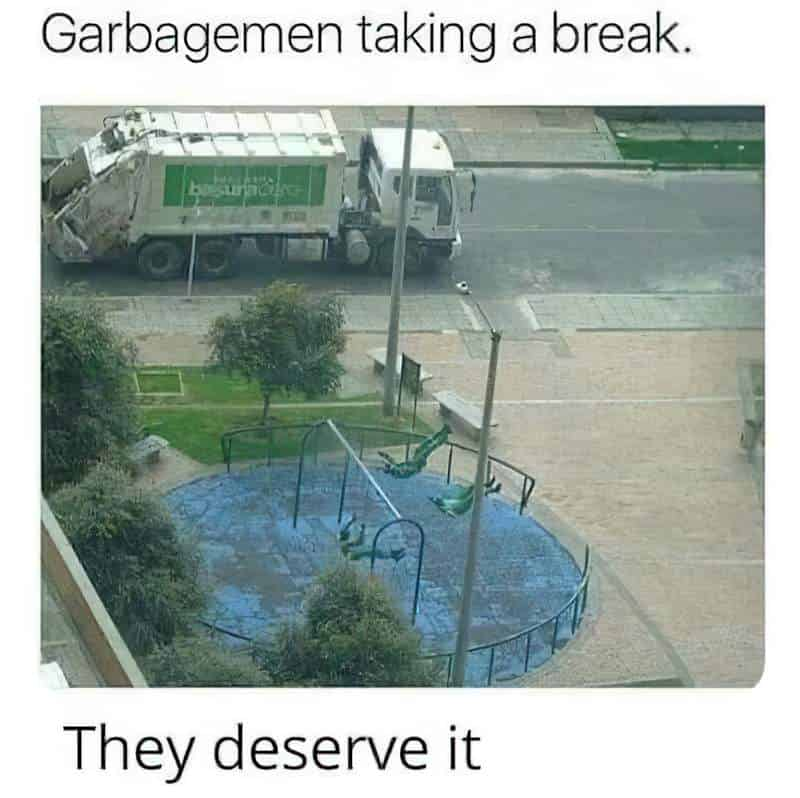

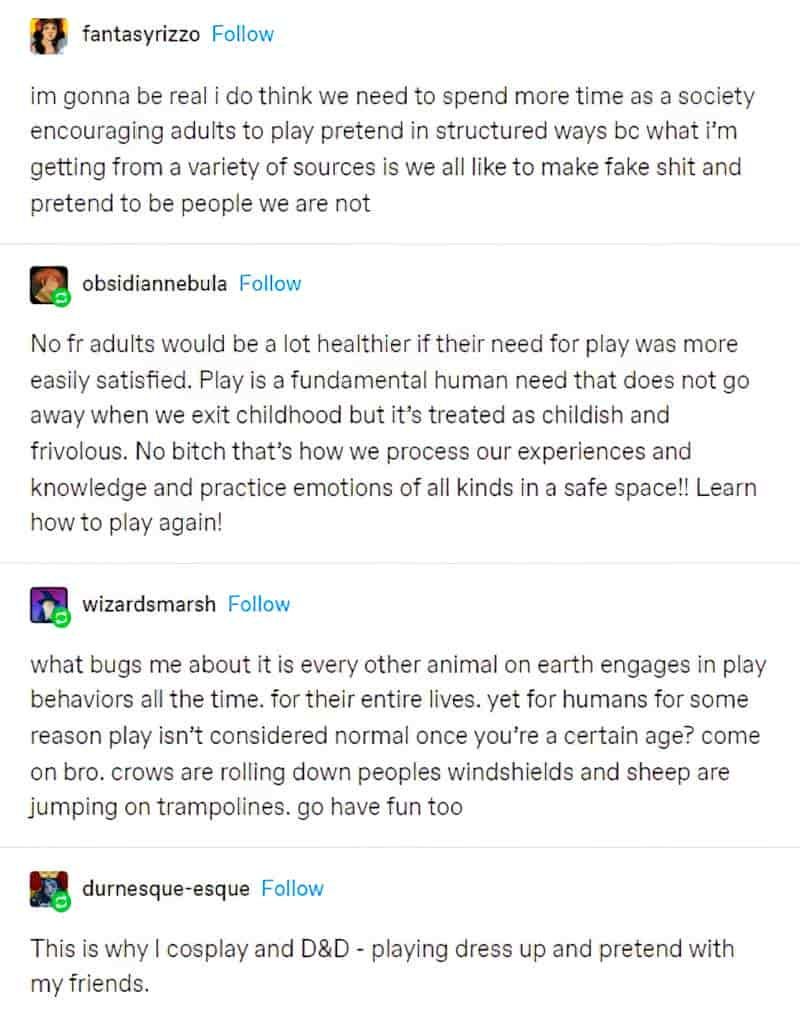
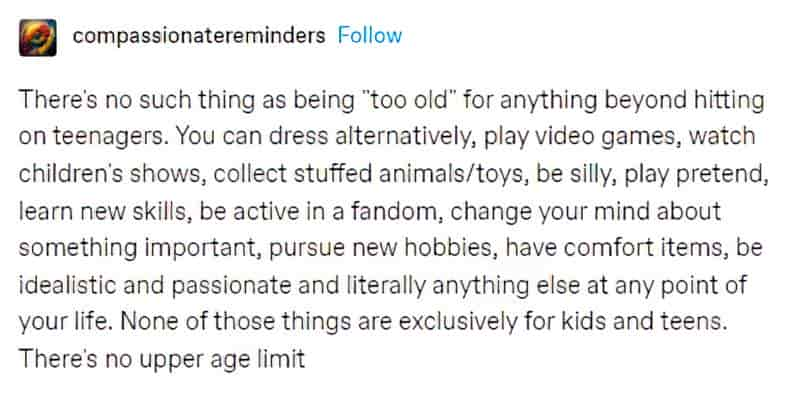
PUTTING ON A SHOW
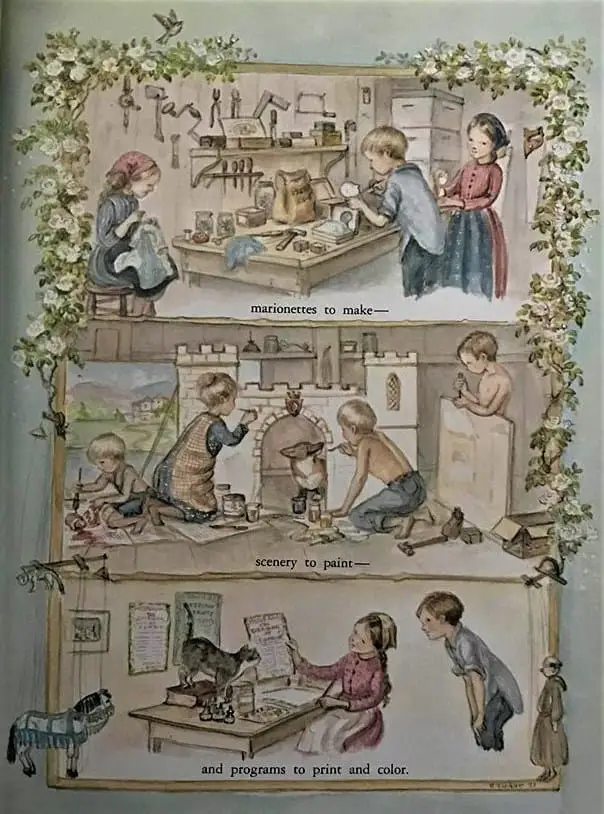
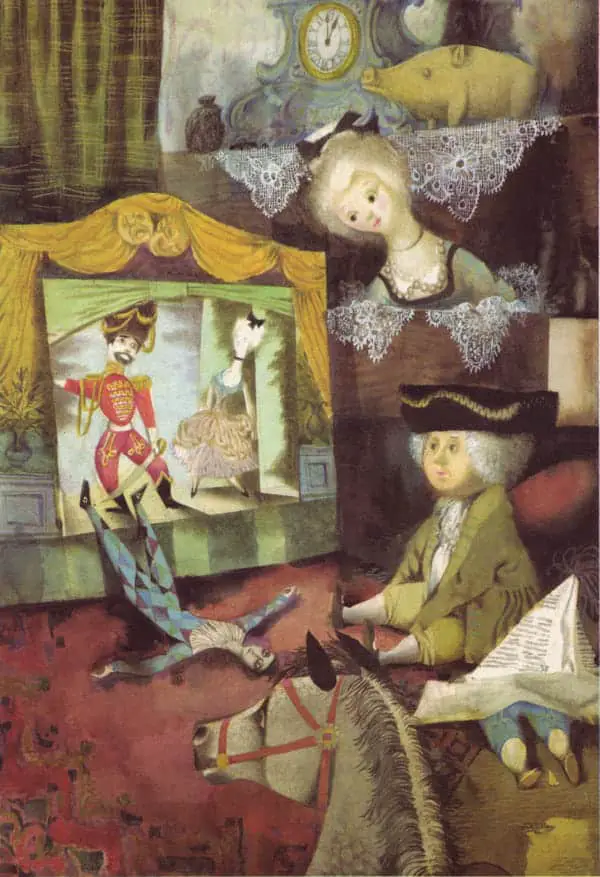
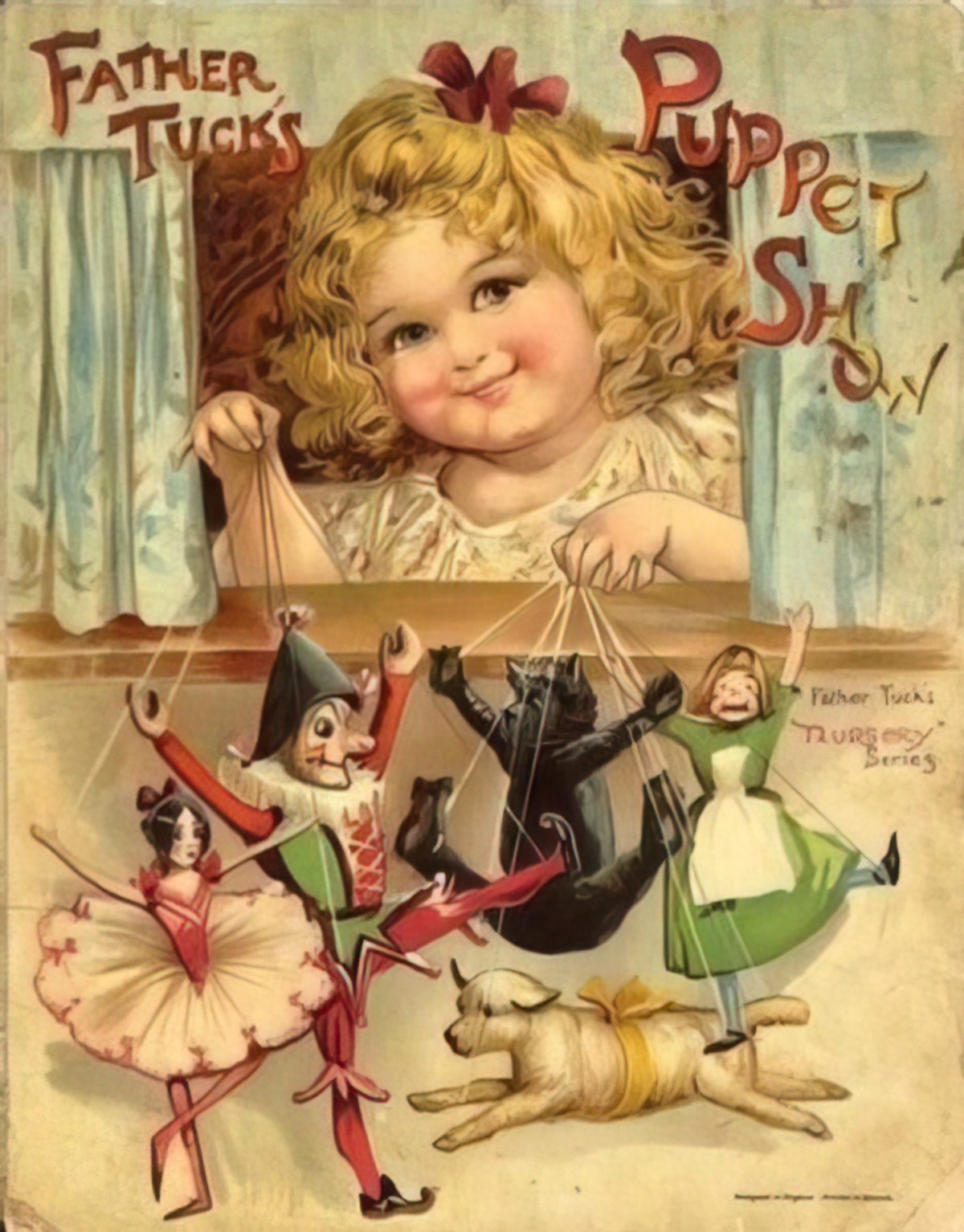
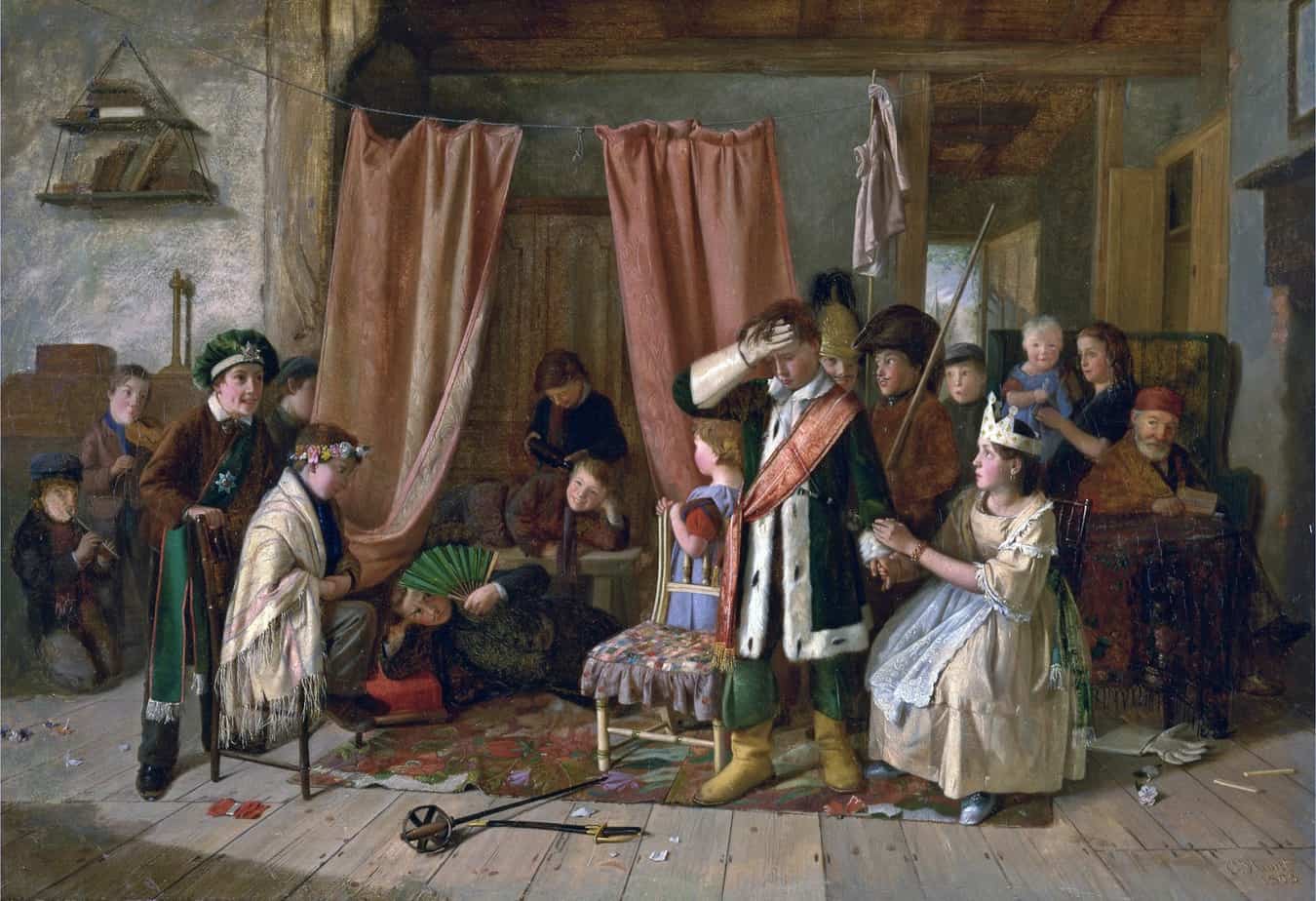
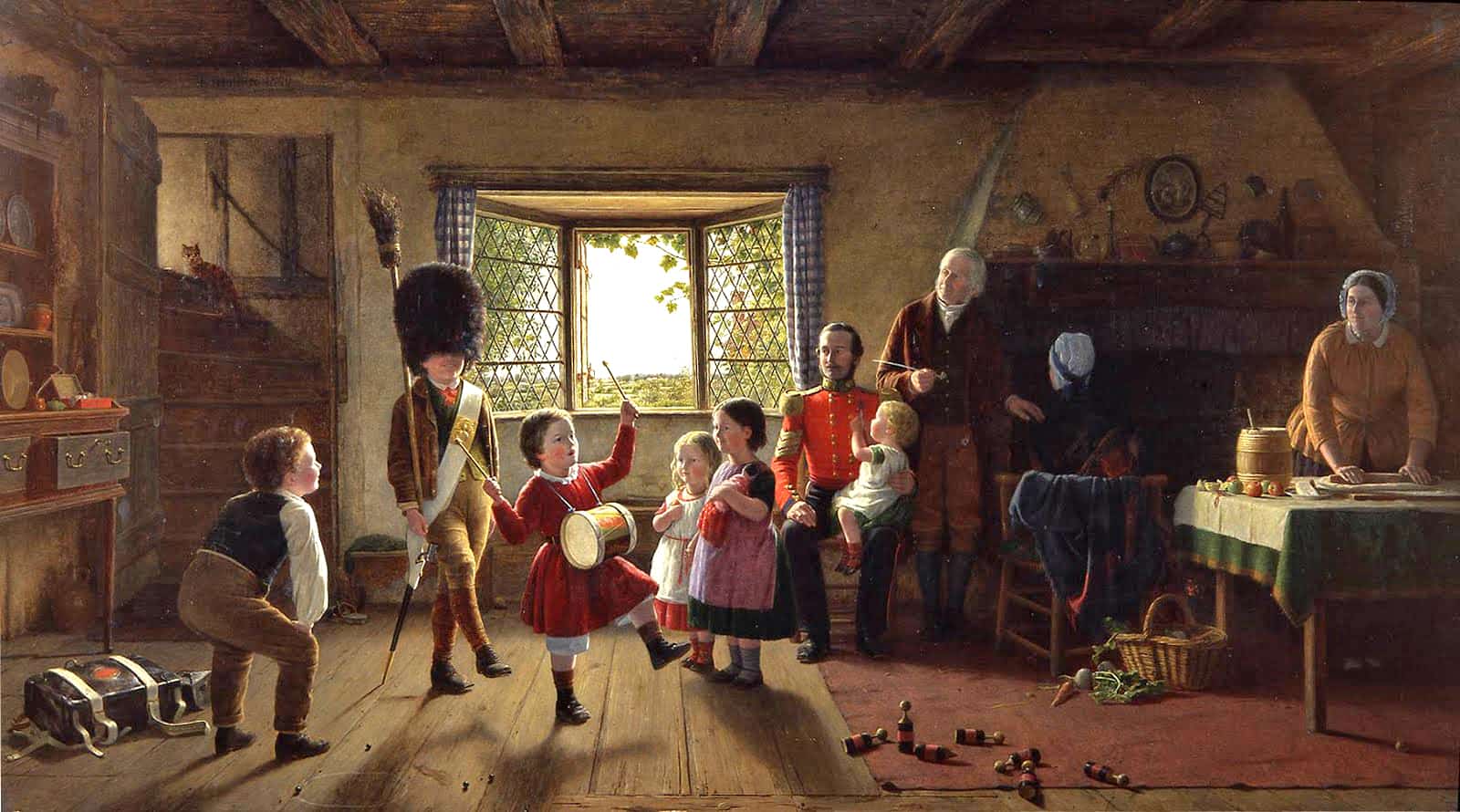
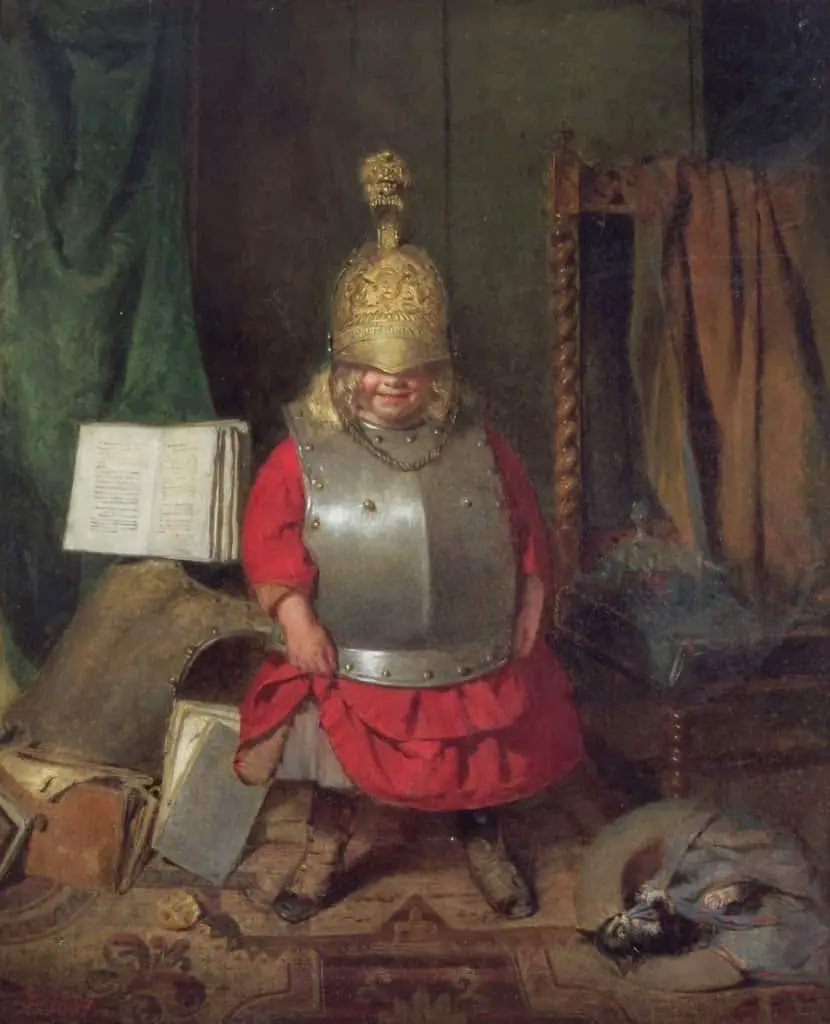
PARTY GAMES
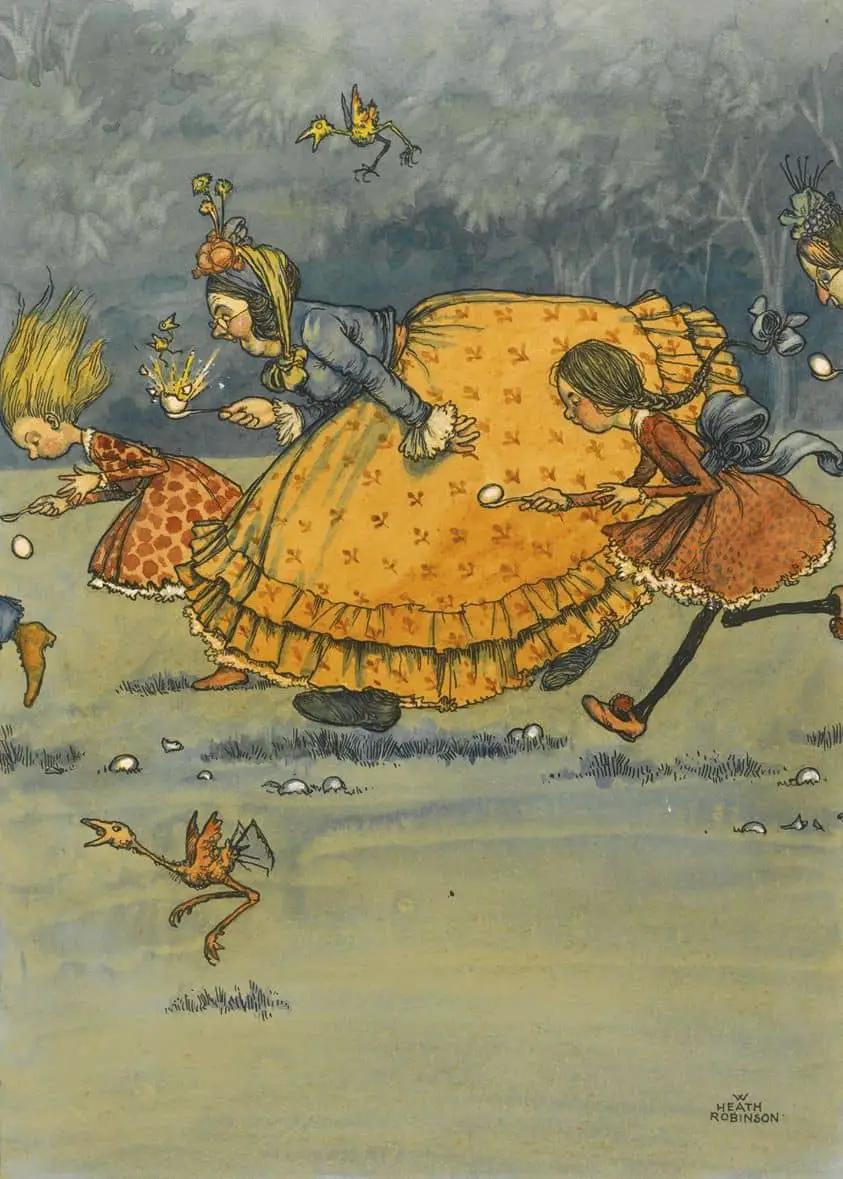
PLAYING AT THE SEASIDE
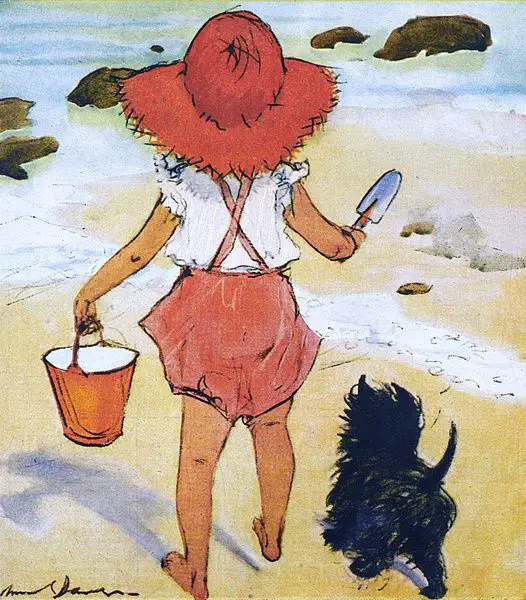
PLAYING GROWN-UPS
States of Childhood: From the Junior Republic to the American Republic, 1895-1945
A number of curious communities sprang up across the United States in the late nineteenth and early twentieth century: simulated cities, states, and nations in which children played the roles of legislators, police officers, bankers, journalists, shopkeepers, and other adults. They performed real work—passing laws, growing food, and constructing buildings, among other tasks—inside virtual worlds. In States of Childhood: From the Junior Republic to the American Republic, 1895-1945 (MIT Press, 2020), Jennifer Light examines the phenomena of “junior republics” and argues that they marked the transition to a new kind of “sheltered” childhood for American youth. Banished from the labor force and public life, children inhabited worlds that mirrored the one they had left.
Light describes the invention of junior republics as independent institutions and how they were later established at schools, on playgrounds, in housing projects, and on city streets, as public officials discovered children’s role playing helped their bottom line. The junior republic movement aligned with cutting-edge developmental psychology and educational philosophy, and complemented the era’s fascination with models and miniatures, shaping educational and recreational programs across the nation. Light’s account of how earlier generations distinguished “real life” from role playing reveals a hidden history of child labor in America and offers insights into the deep roots of such contemporary concepts as gamification, play labor, and virtuality.
interview at New Books Network
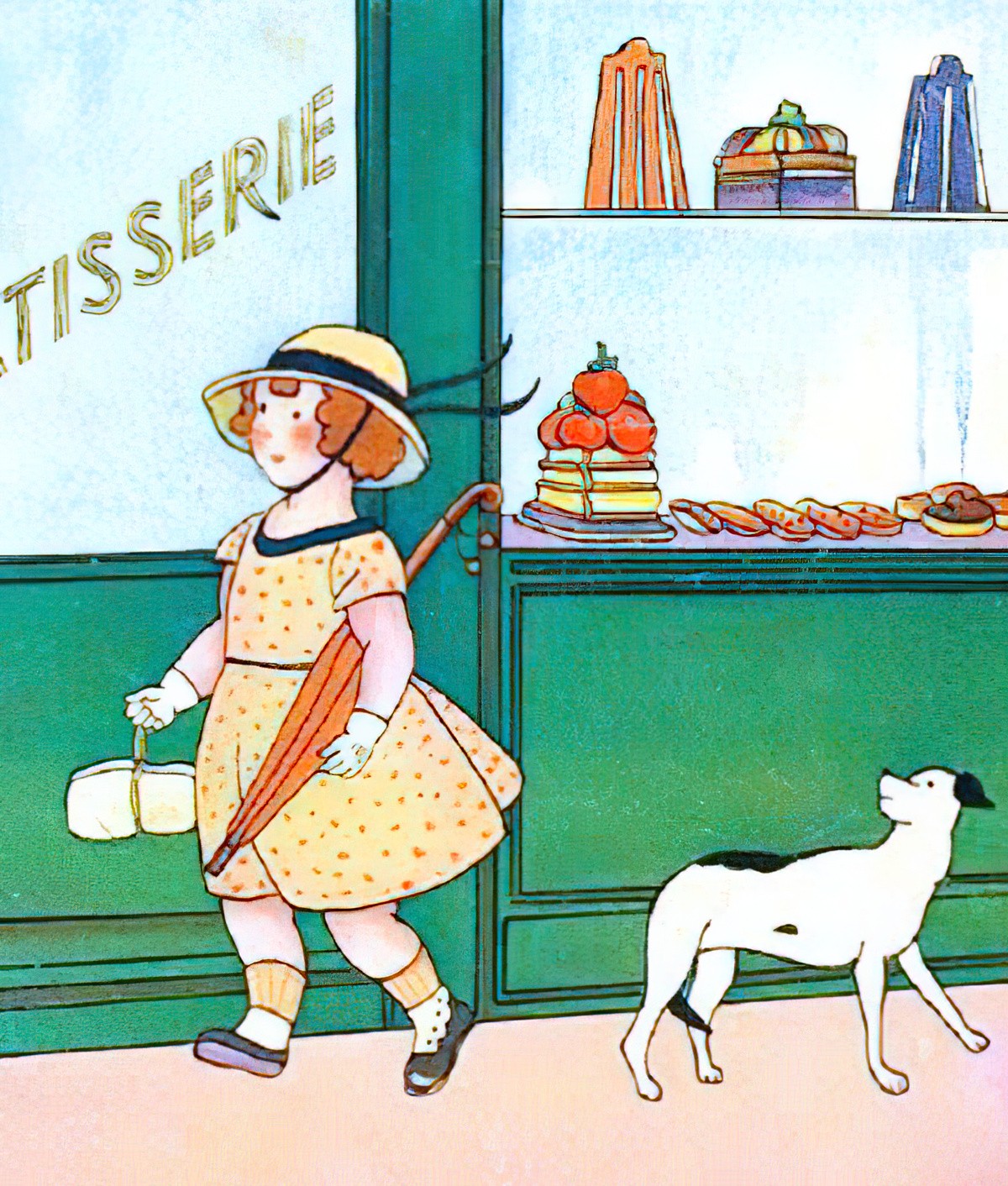
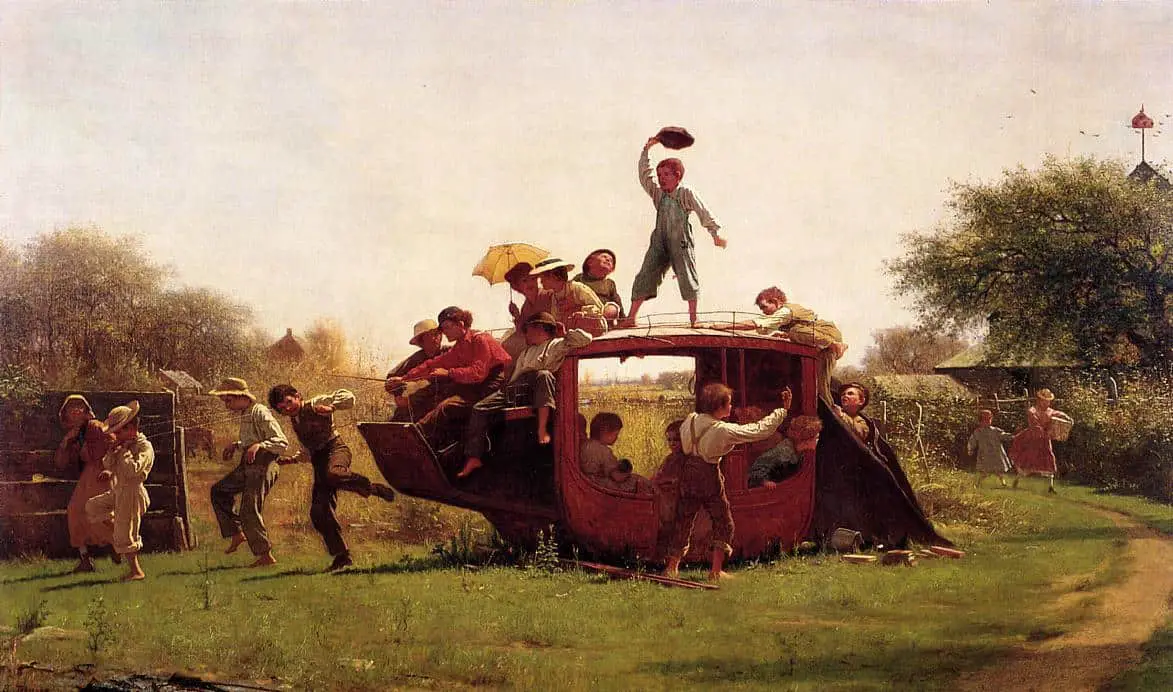
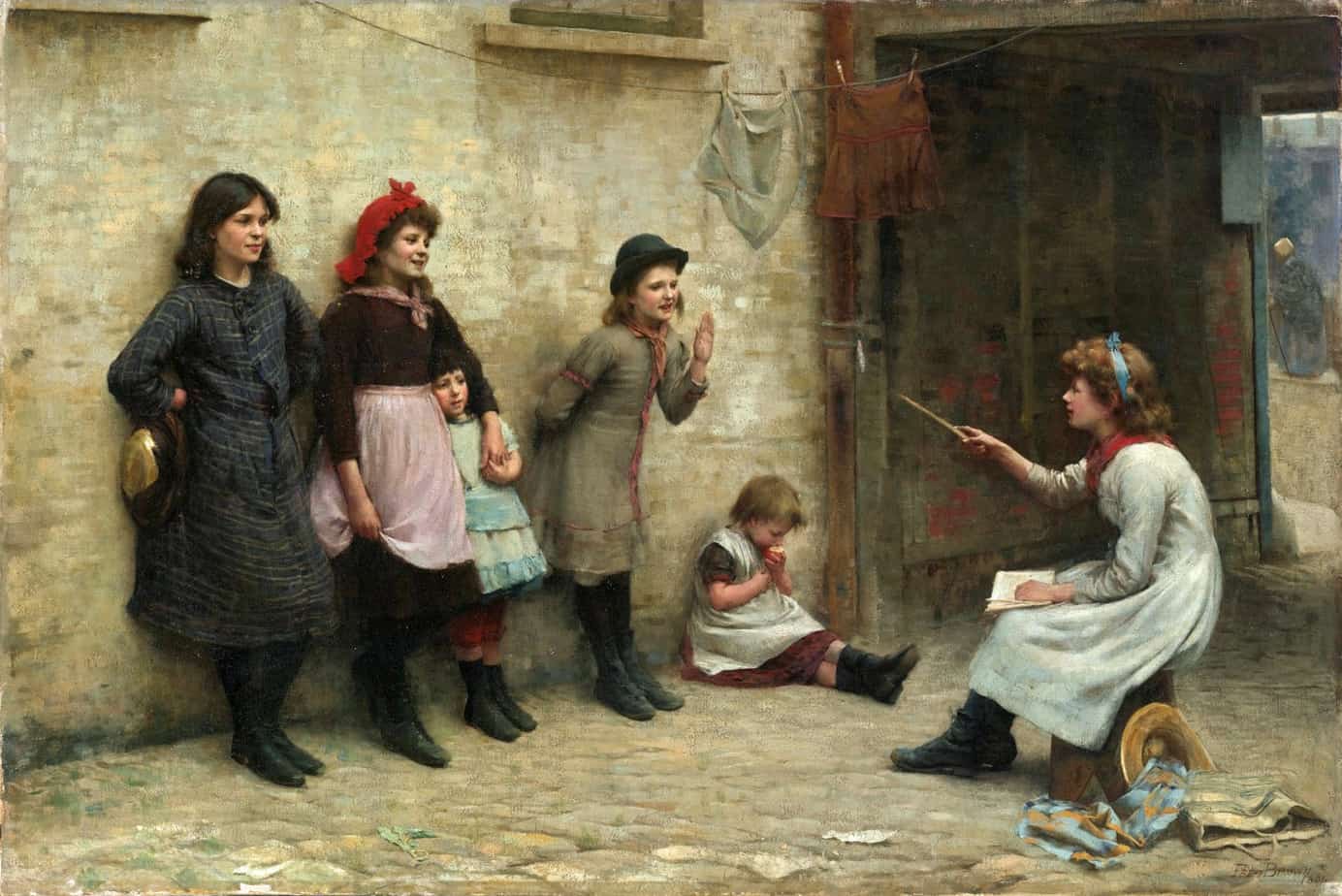
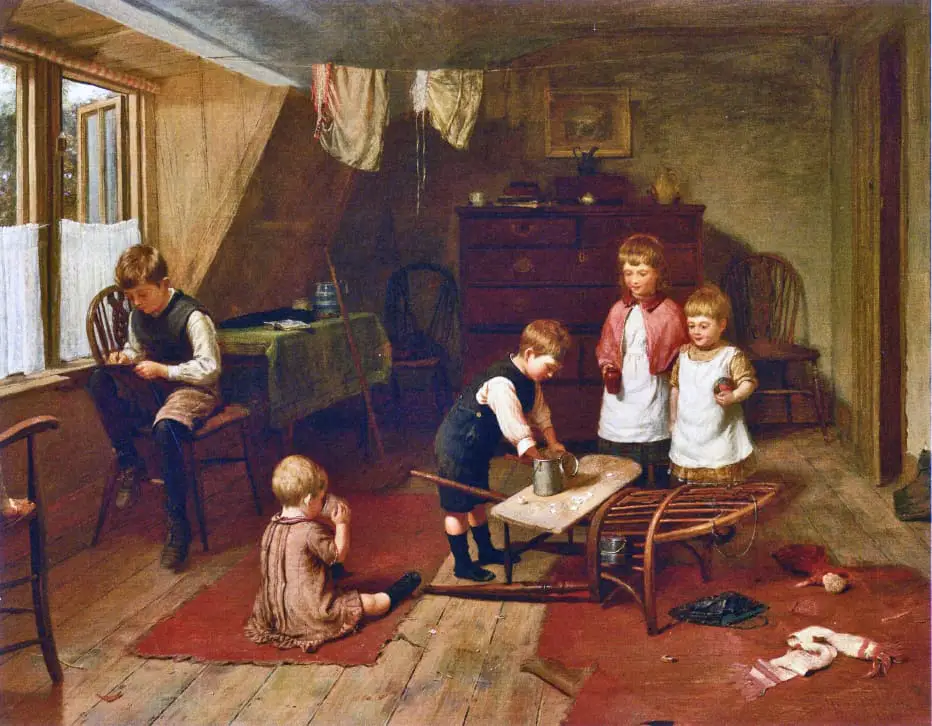
DANCING AND SINGING
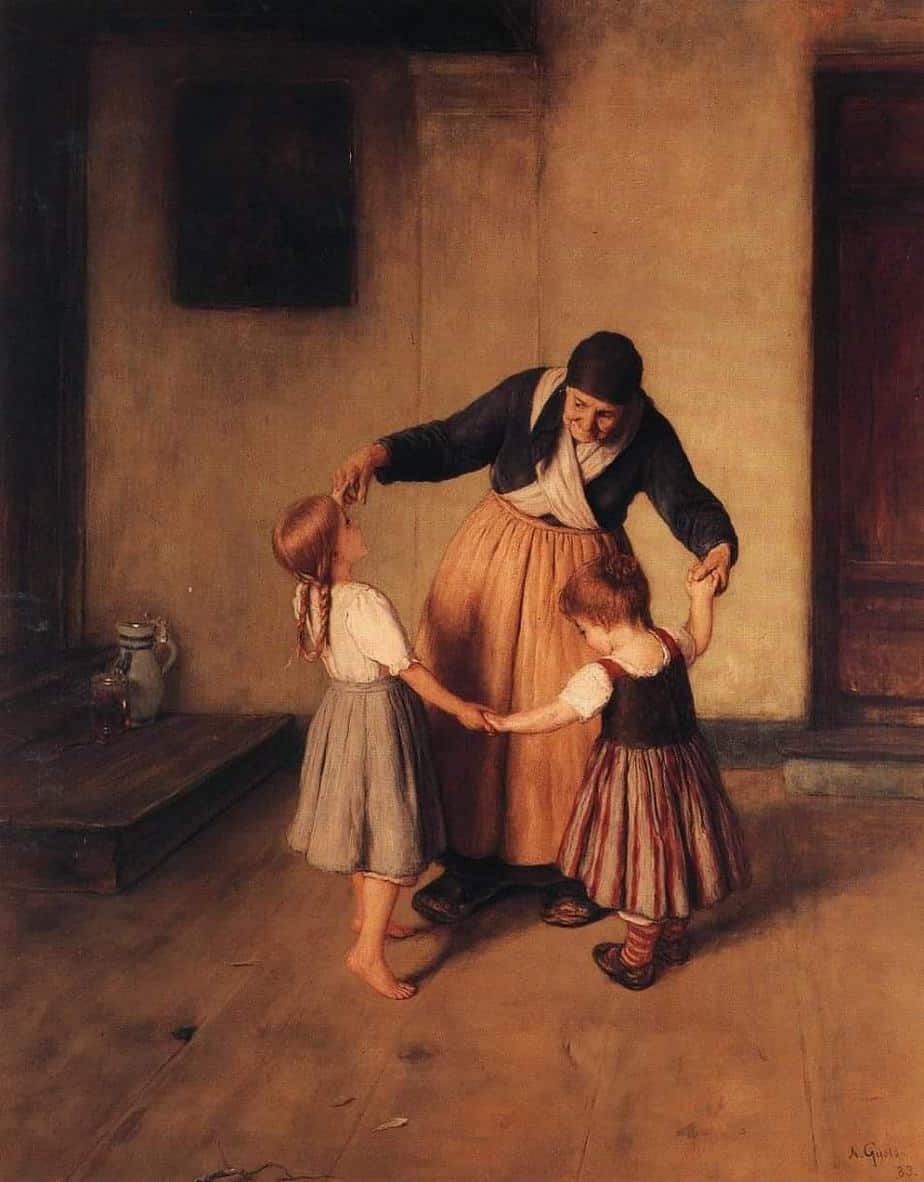
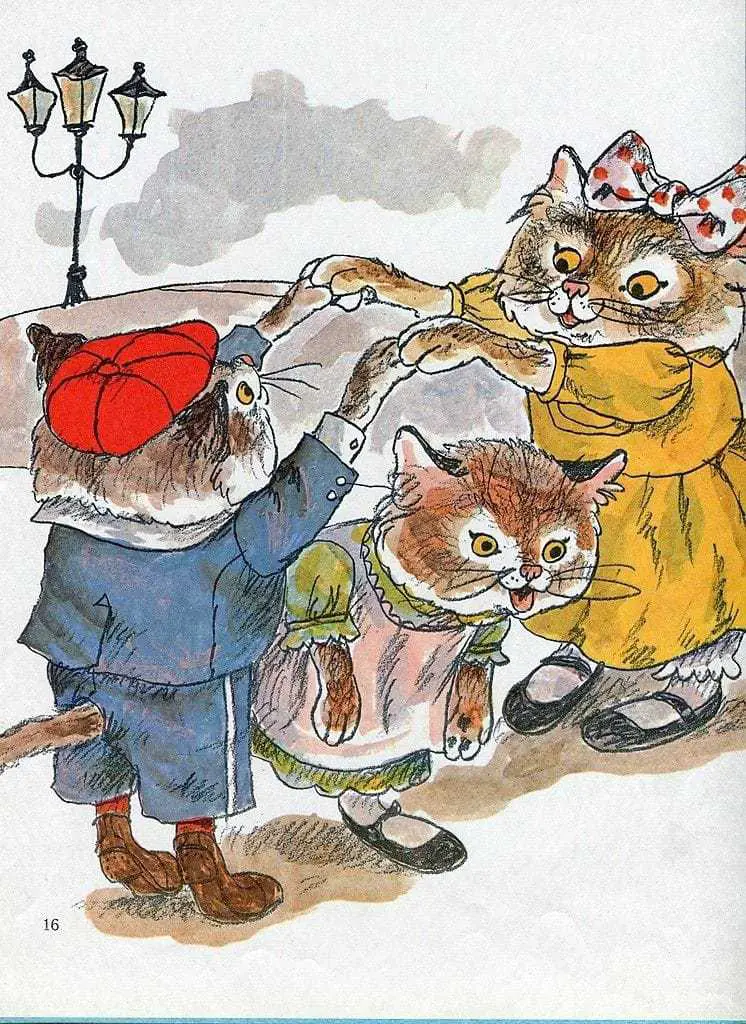
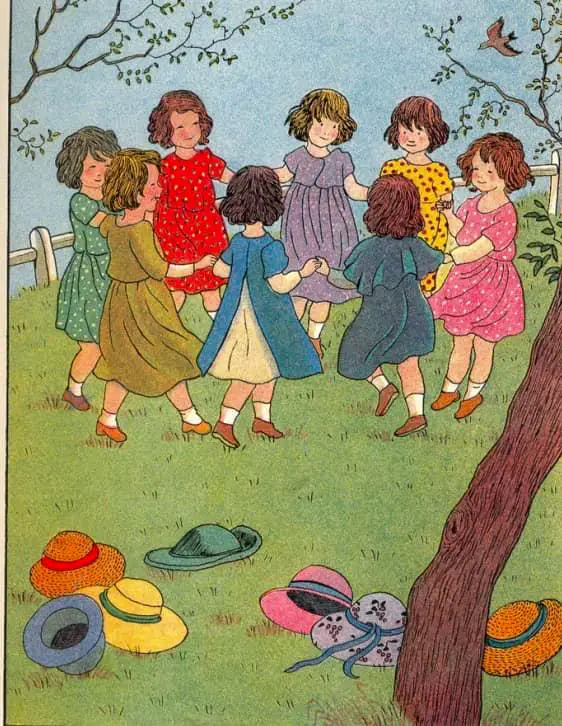
FUN AT THE FAIR
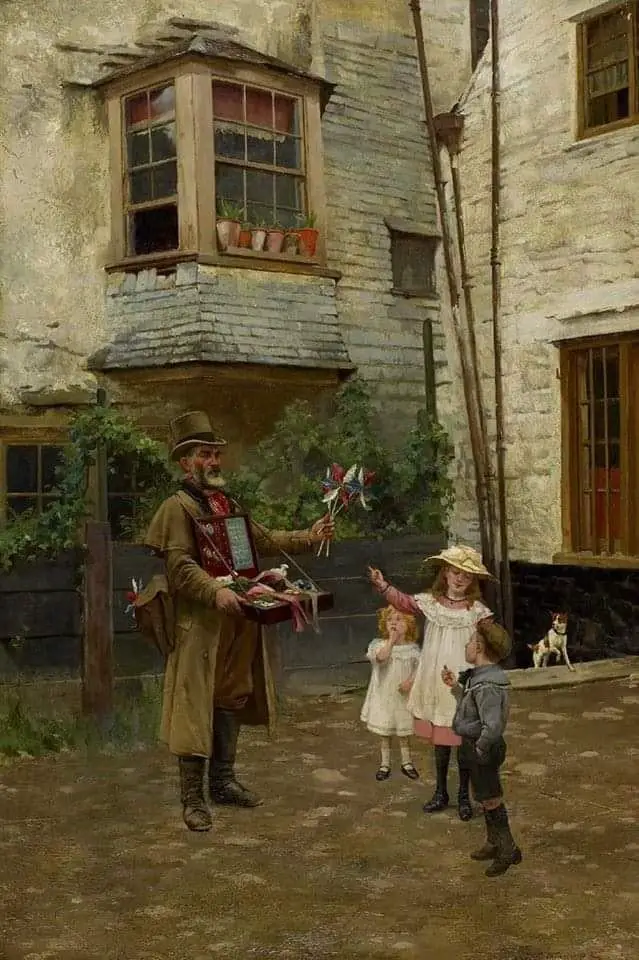
TABLETOP GAMES

THE DIFFERENCE BETWEEN CHESS PLAYERS AND POKER PLAYERS
Chess players are strategic, constantly planning ahead and anticipating counter moves.
Poker players can still win with a weak hand so long as they raise the stakes.
Vladimir Putin is described as a poker player by the world’s top Russian chess player living in New York.
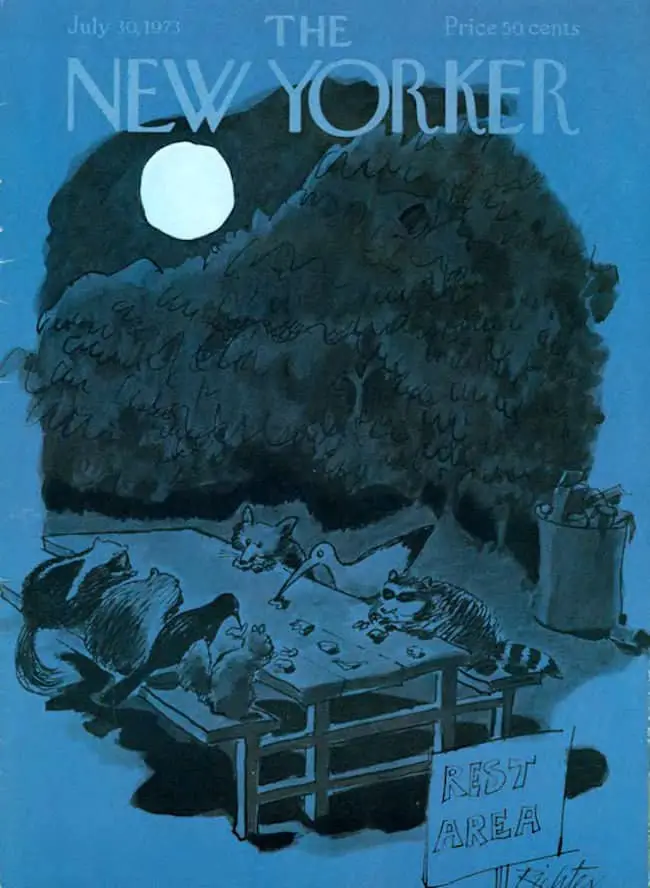
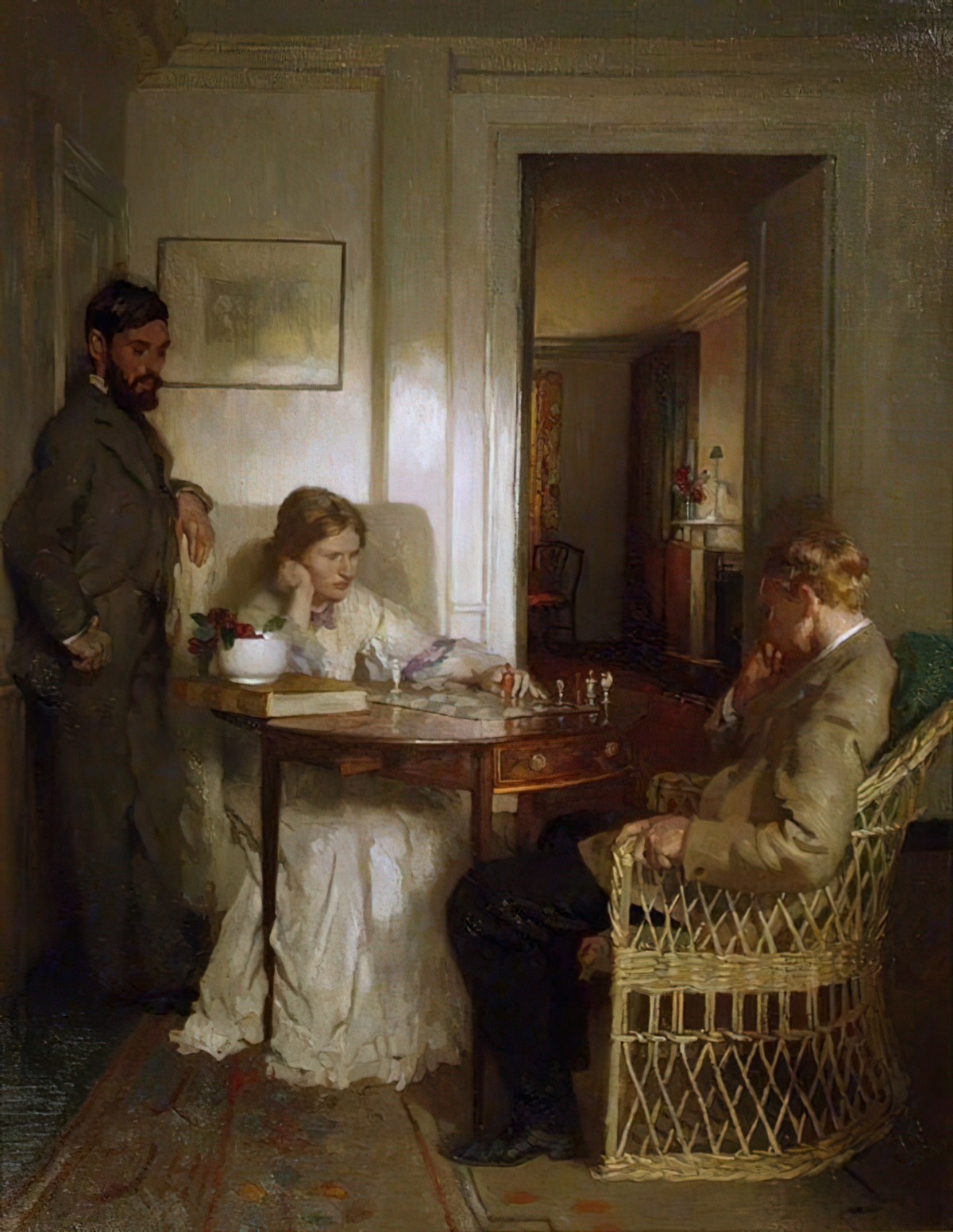
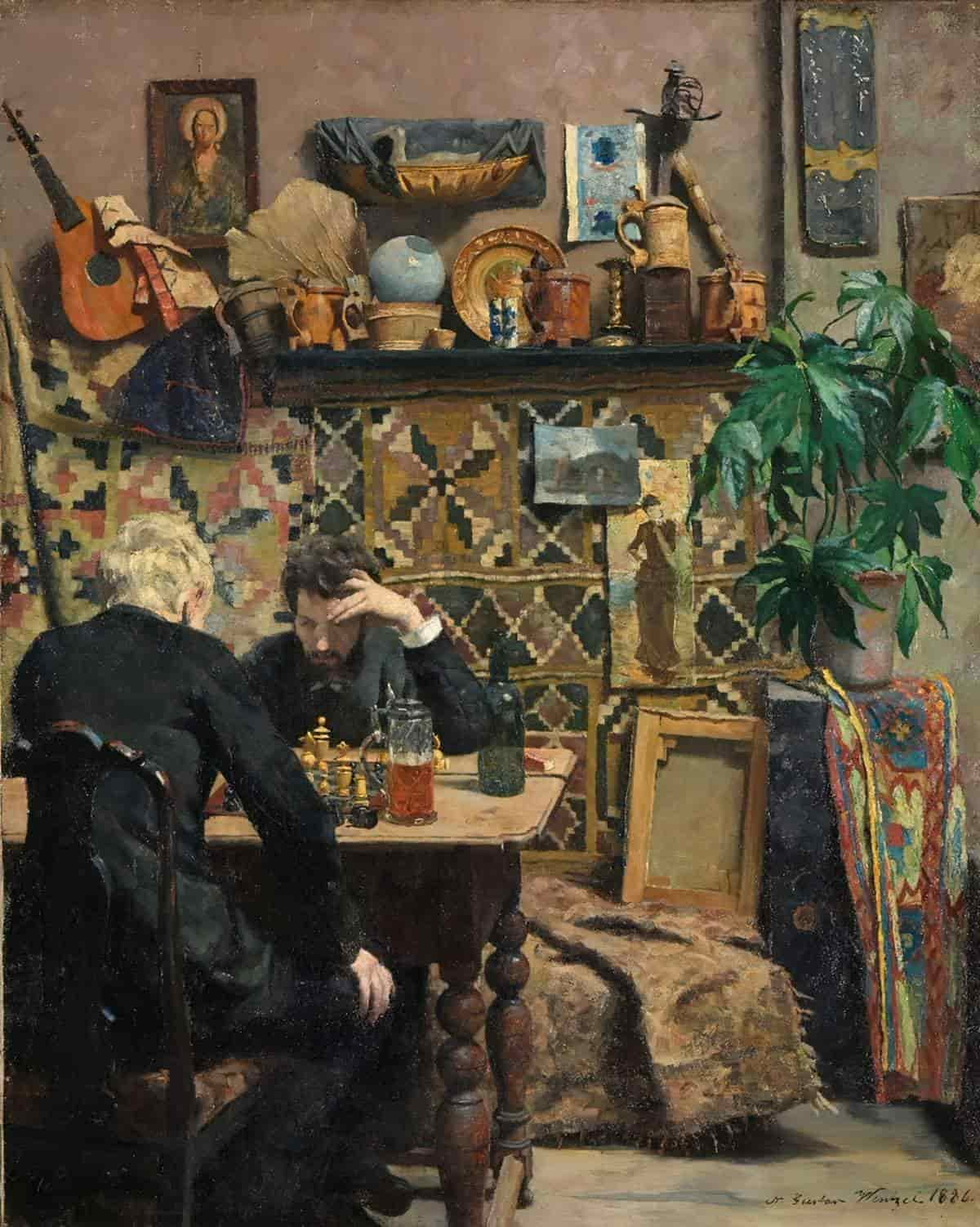
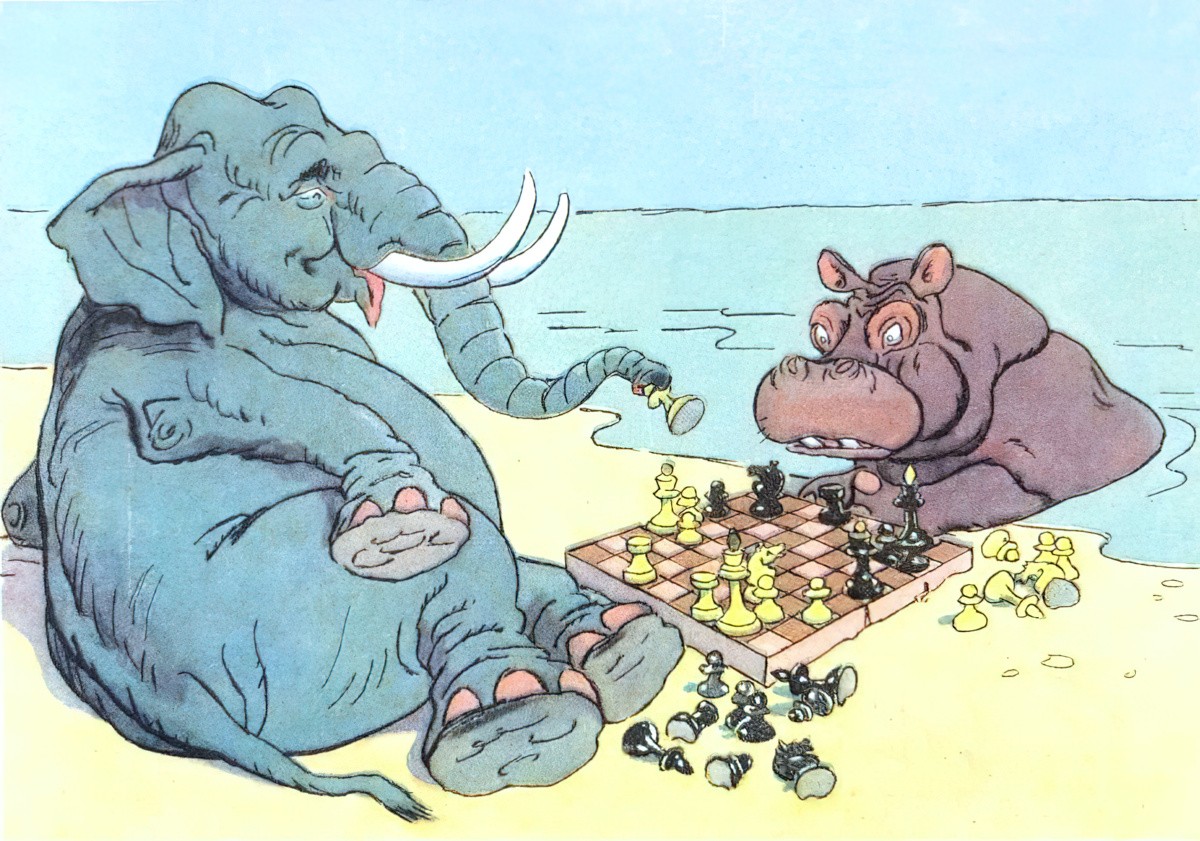
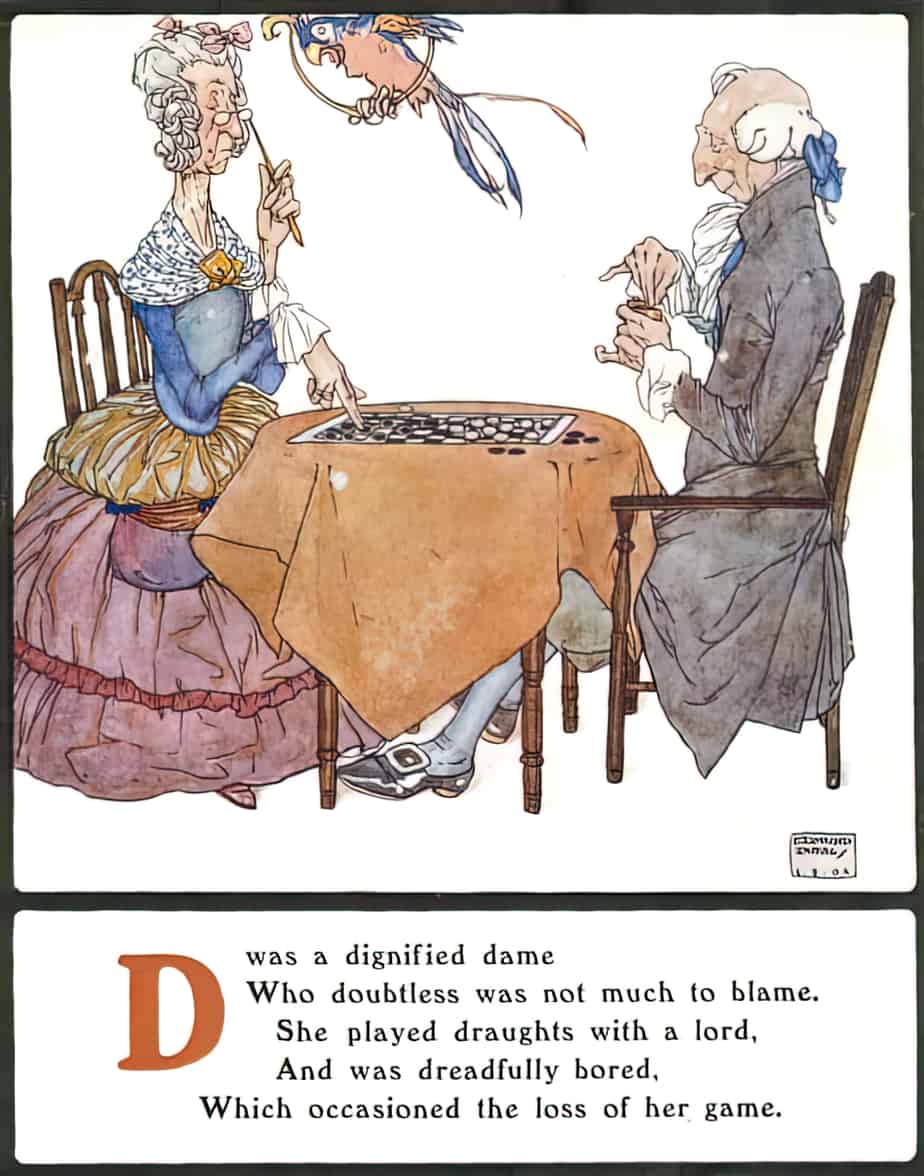
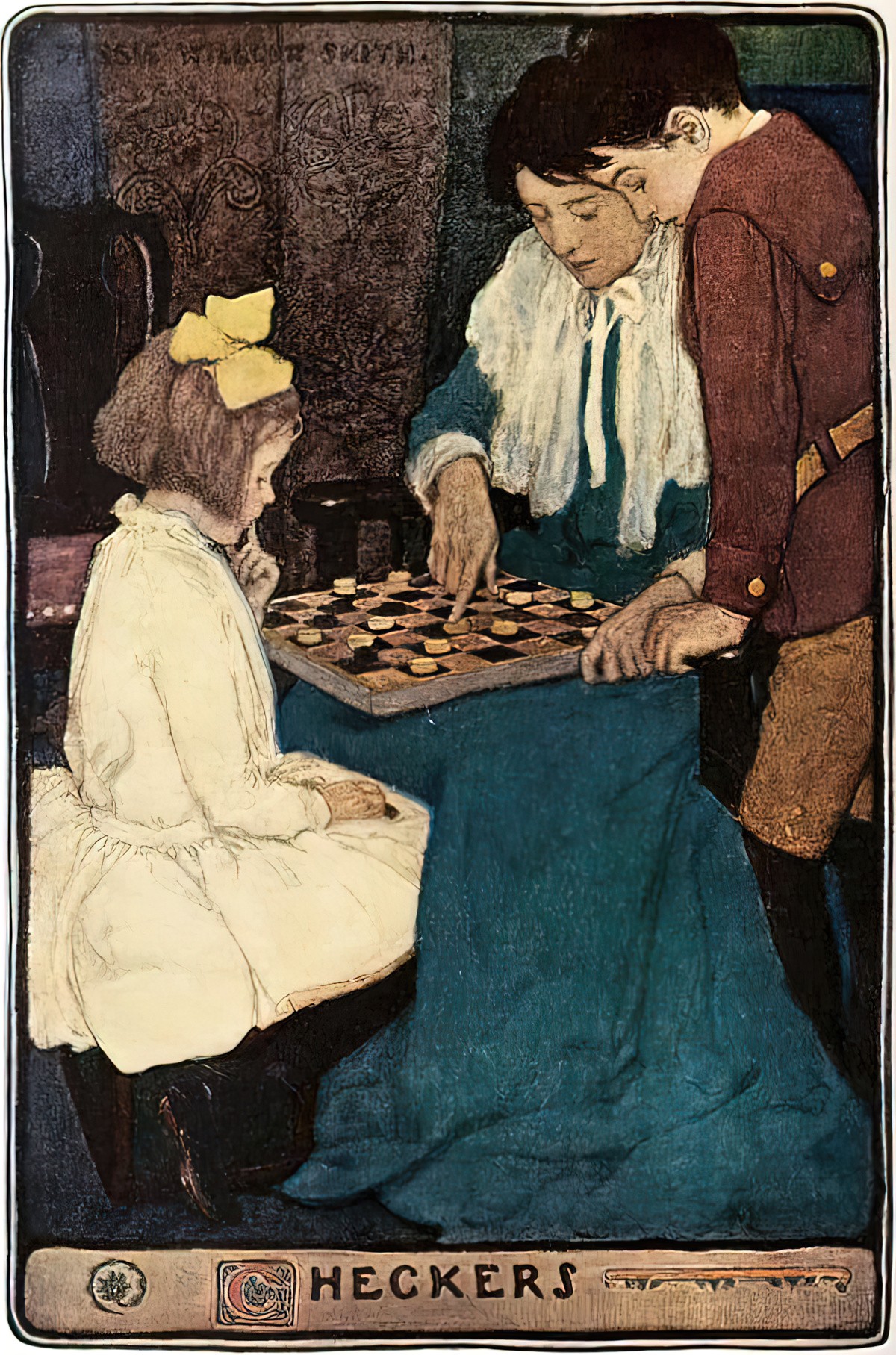
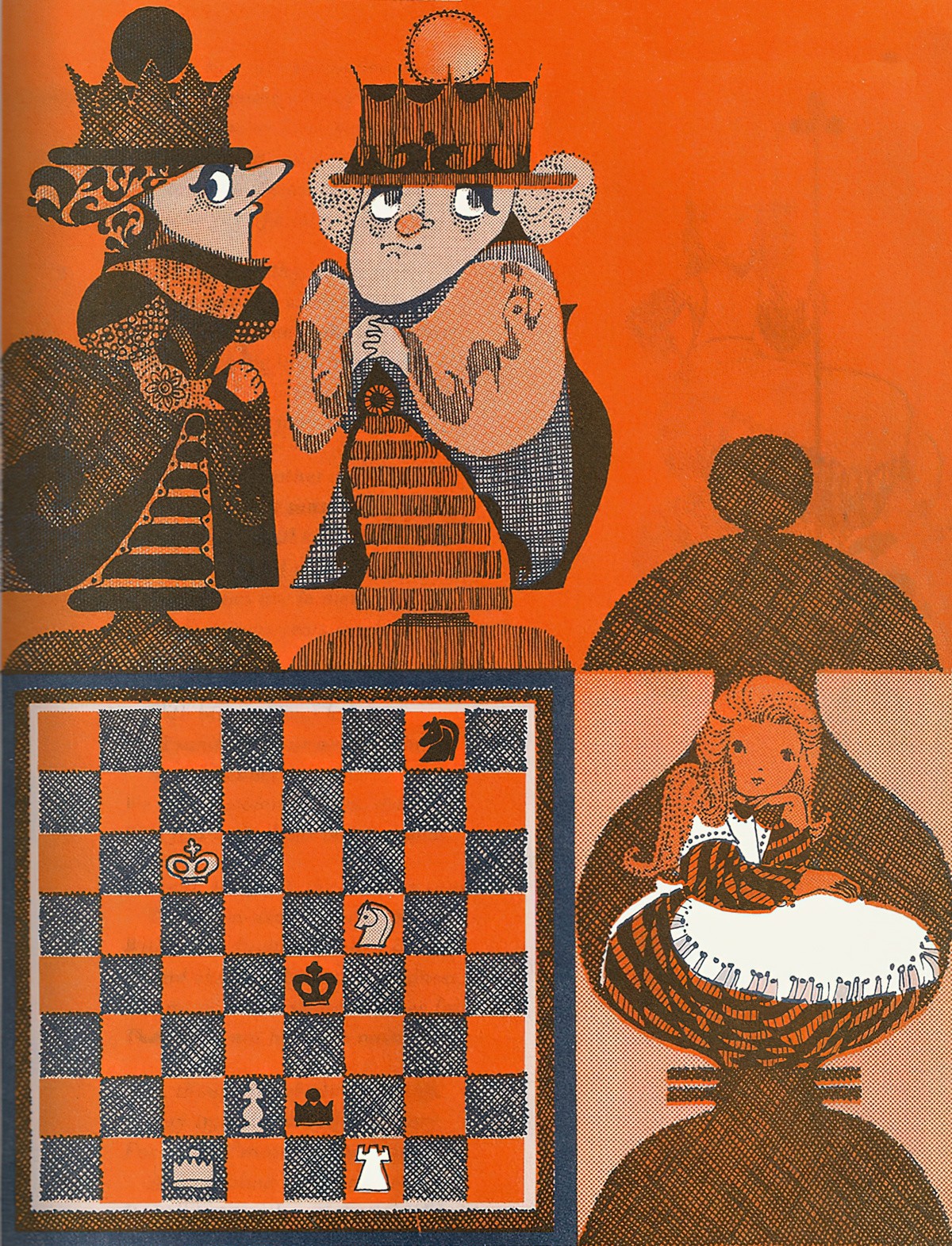
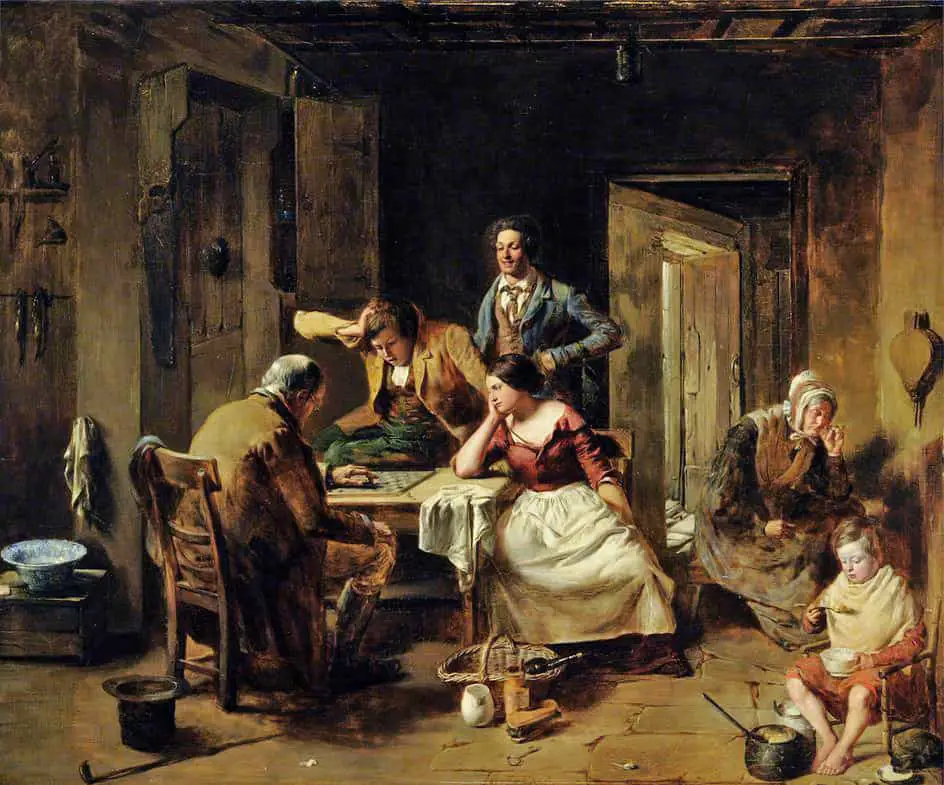
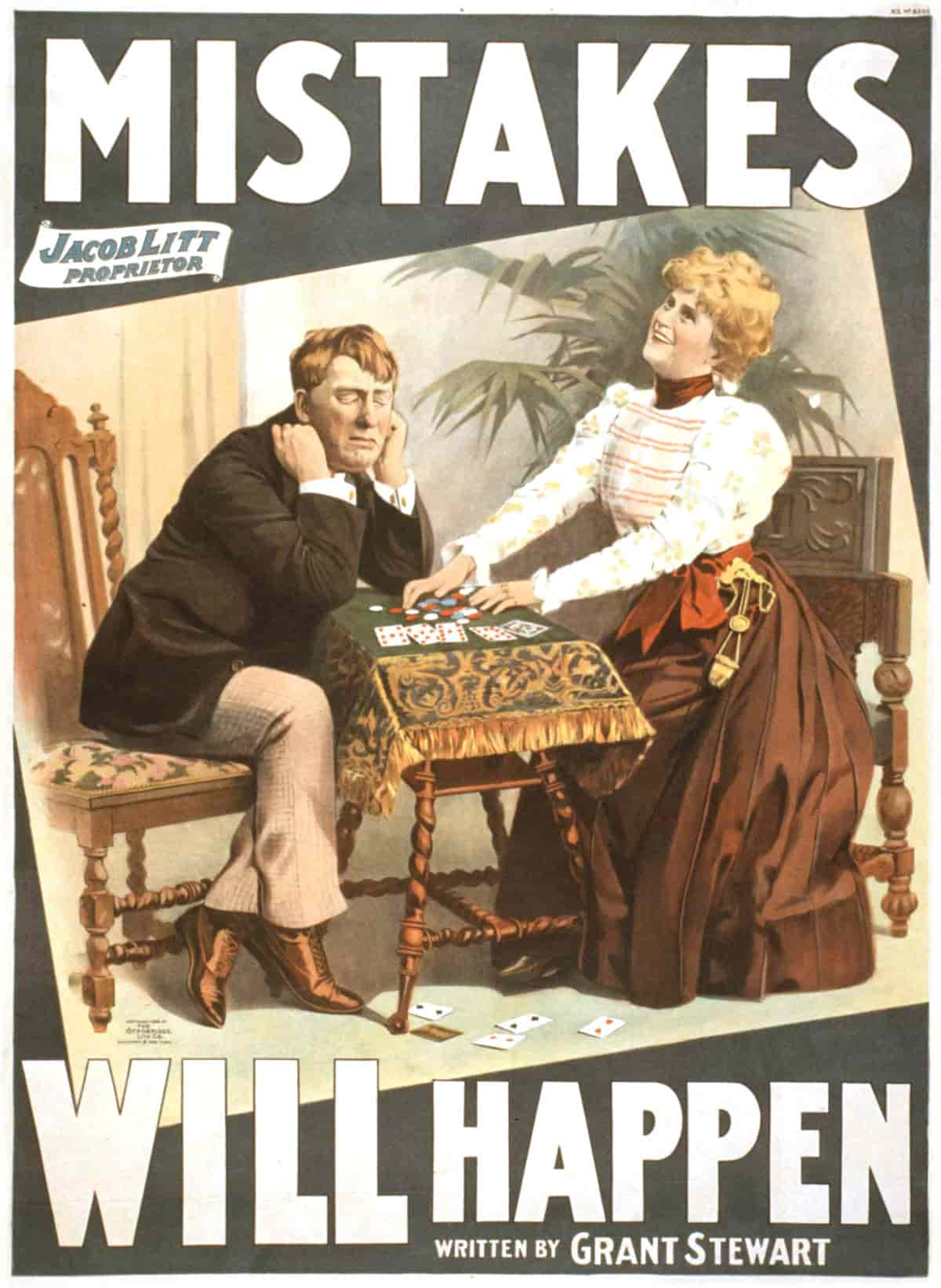
Types of board gamer:
@SoVeryBritish
– The one who can’t bear the stress
– The one who simply refuses to grasp the rules
– “Competitive Colin”
– The cheat
– Mr/Mrs Shouty
– The quiet genius
– The one who tries to keep everything jolly
– The one who can’t keep the dice on the bloody table
THE DIFFERENCE BETWEEN CHESS AND GO
Go is a game of complex strategy that exists in a closed system, much like the game of chess. The difference is that Go has many more possible paths of play and is consequently more complex than chess. In the narrative of the film, Thrombey’s genius is the genius of a master strategist. This is how he writes his novels, with their perfect internal structure, and this is how he masters his family, and maintains careful control over their machinations, including the ones they try to keep secret from him. Nobody can best Harlan at life because nobody can best Harlan at Go. In fact, Harlan is rather convinced that nobody can best him even in death. When presented with the inevitability of his death and the potential consequences for Marta, Harlan almost instantly constructs a complex plan that will, he believes, protect his friend.
Popular Culture and Theology, A Beautiful Pattern: The Aesthetics of Virtue in Knives Out
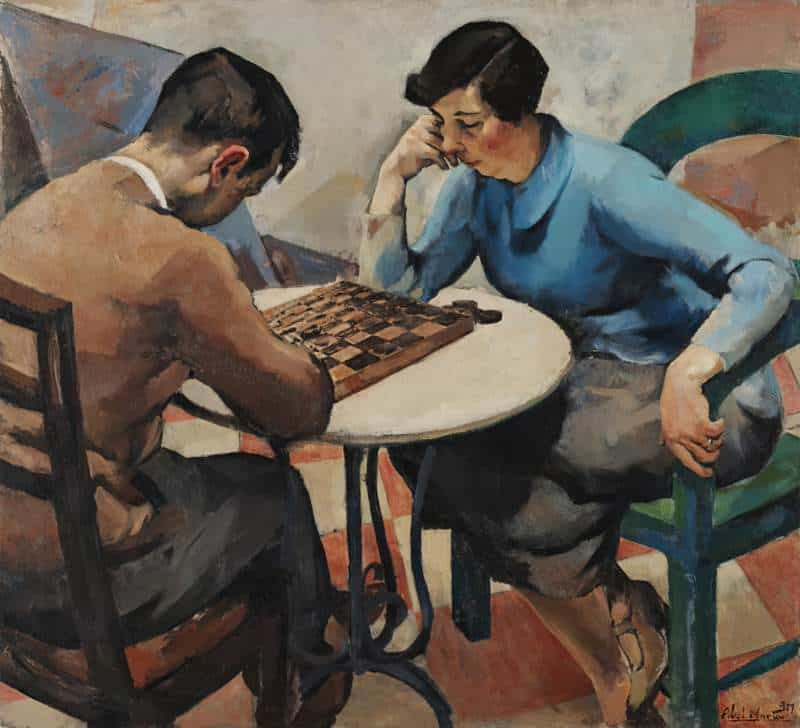
SPORT
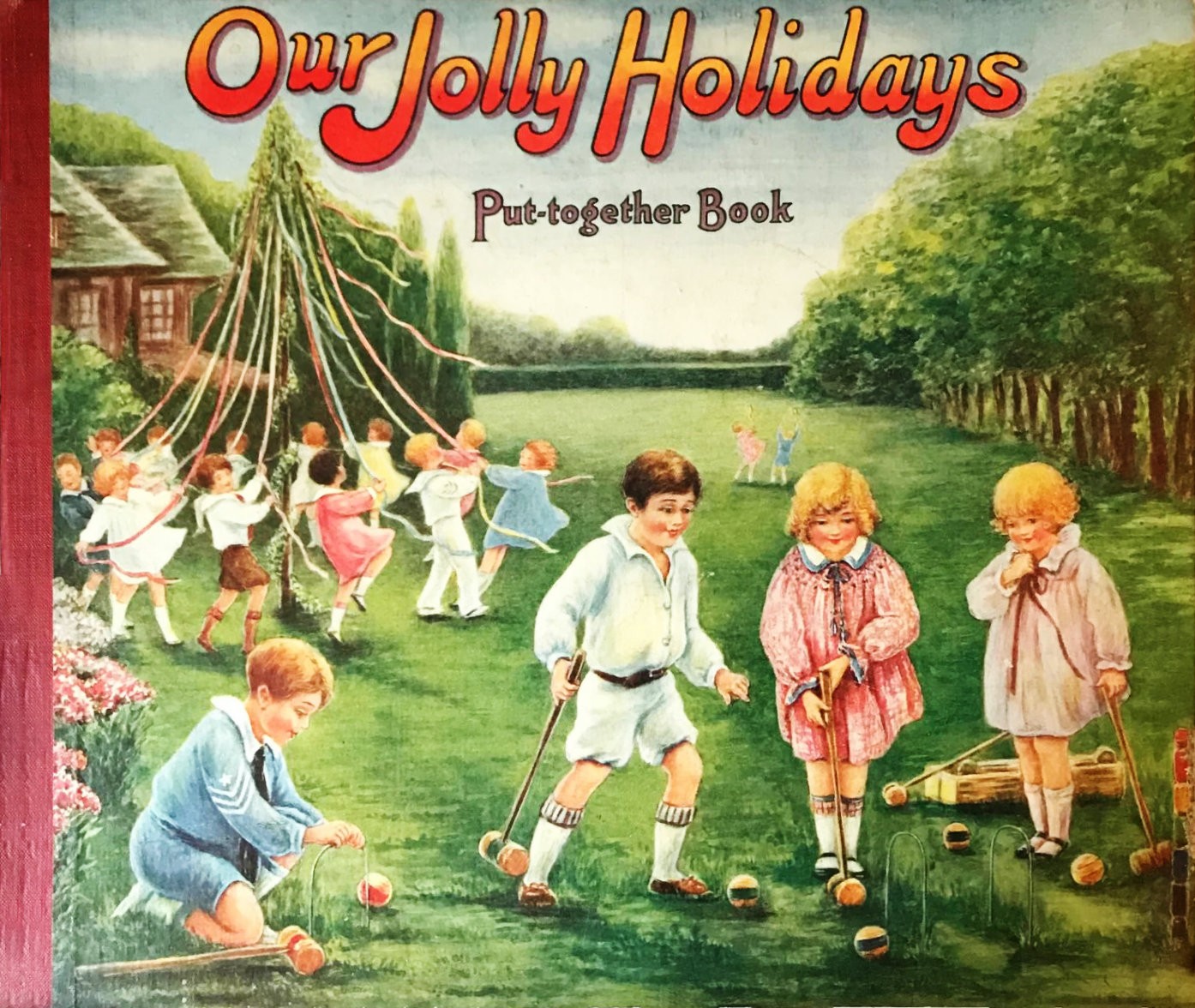
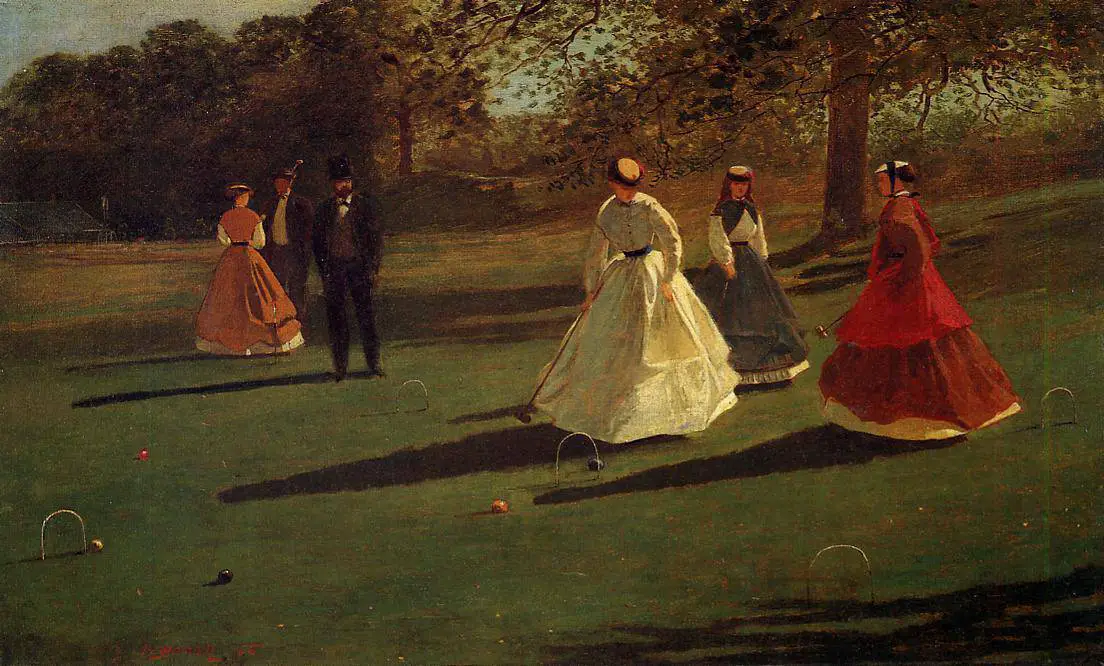
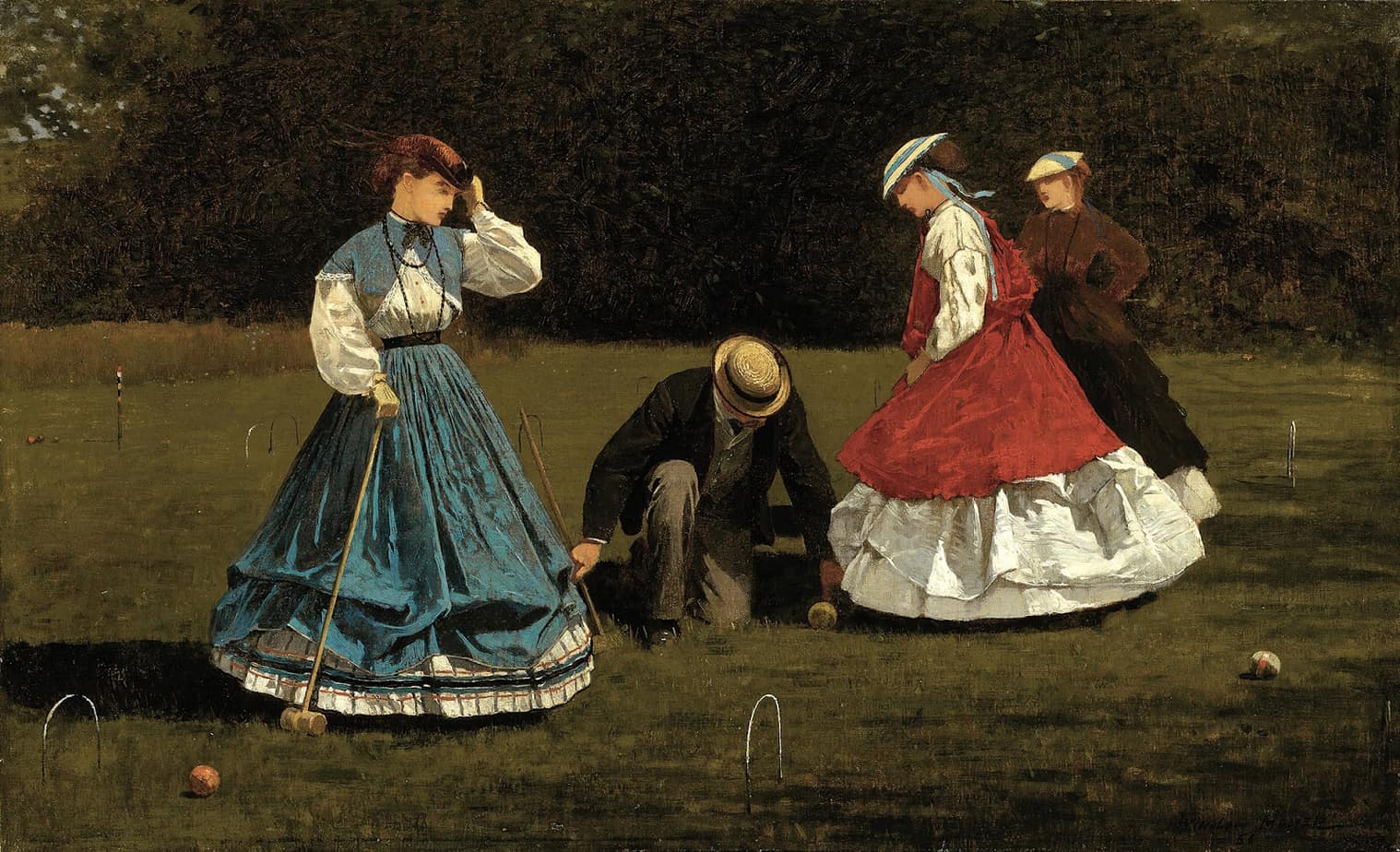
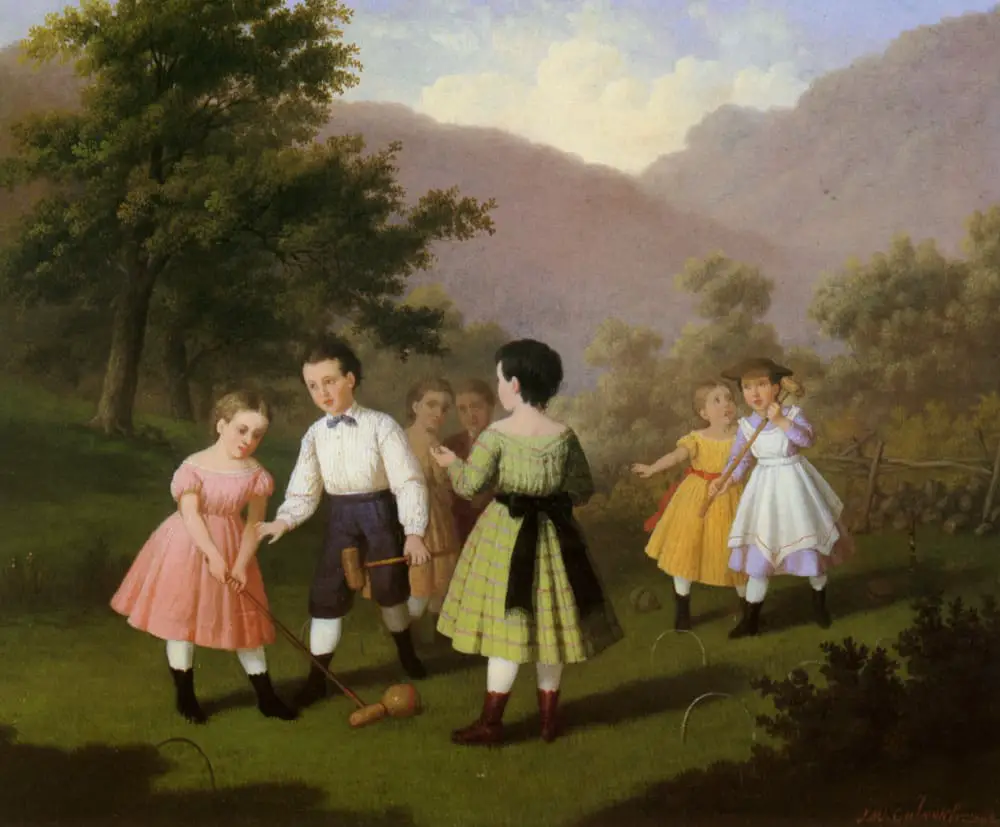
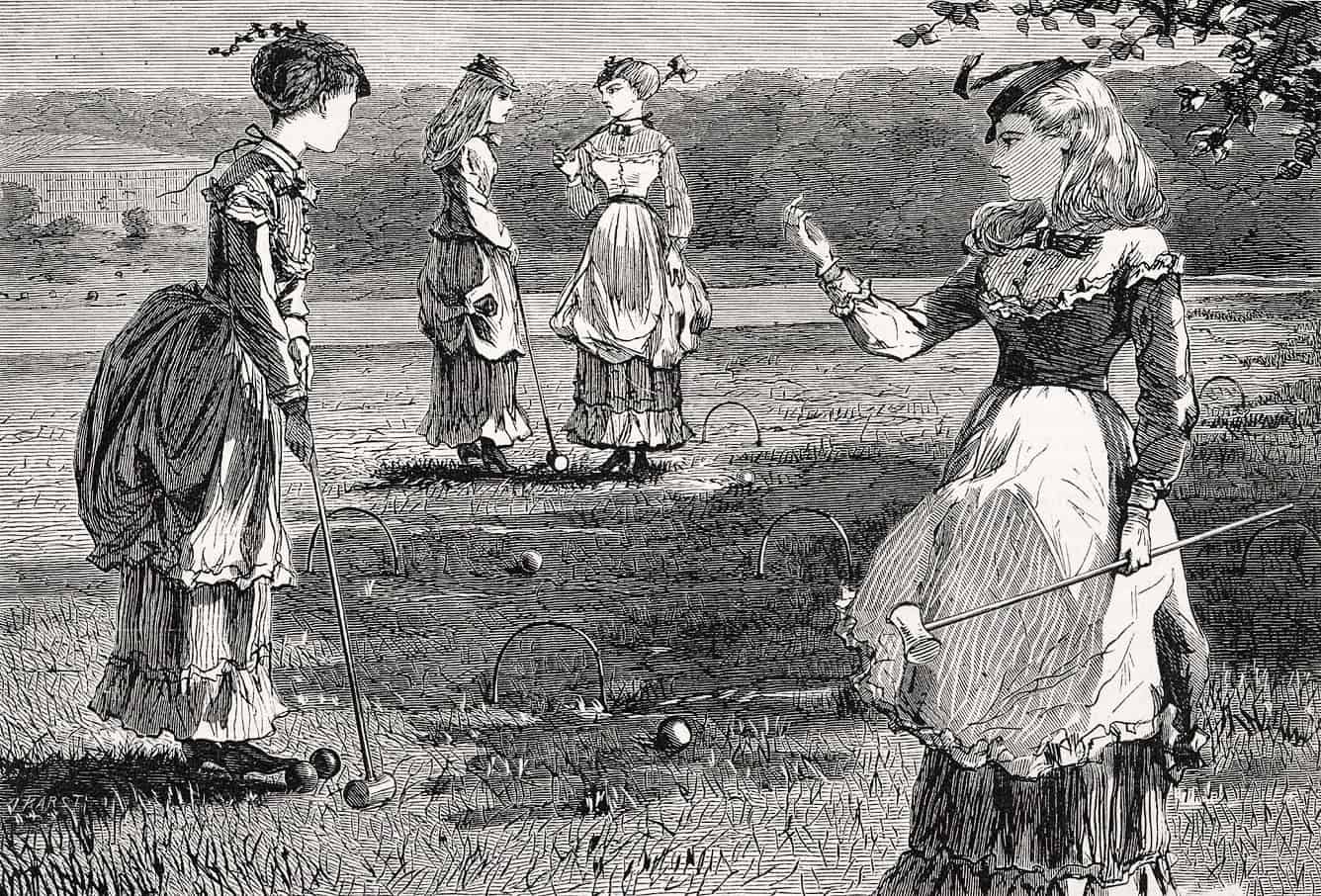
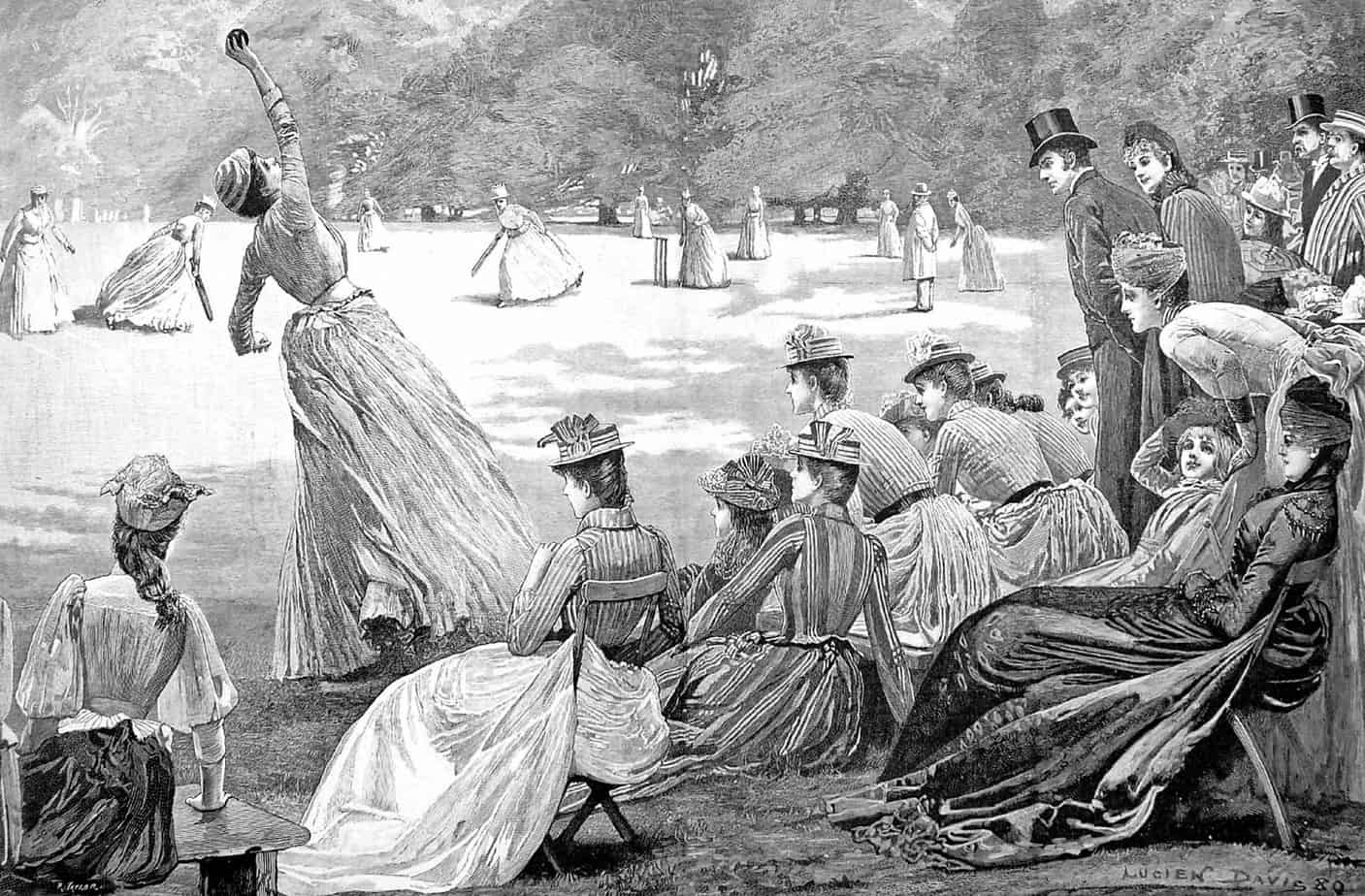
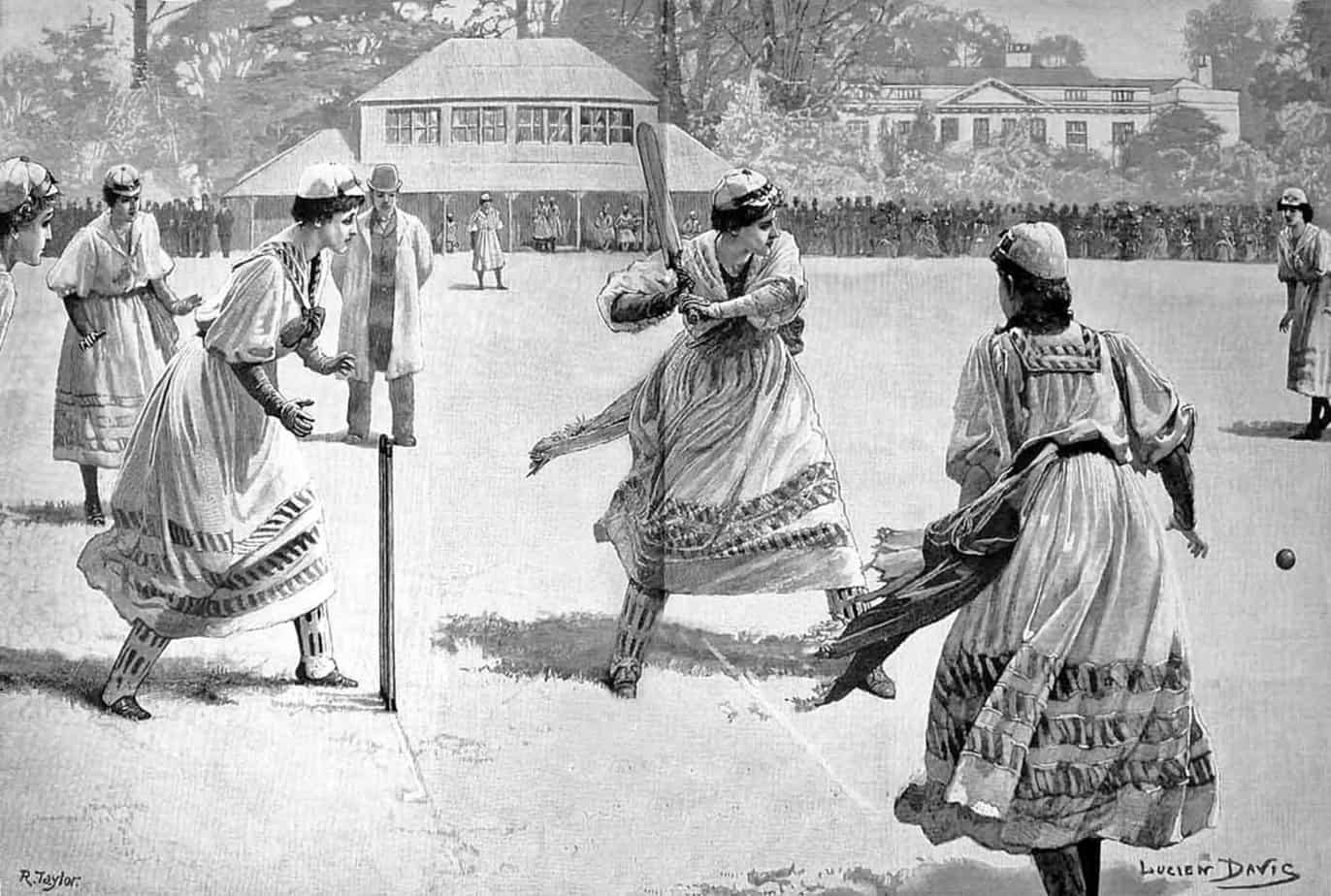
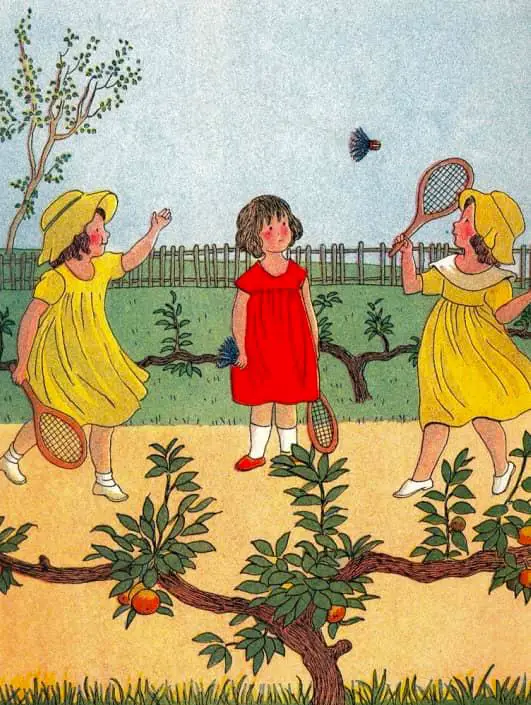
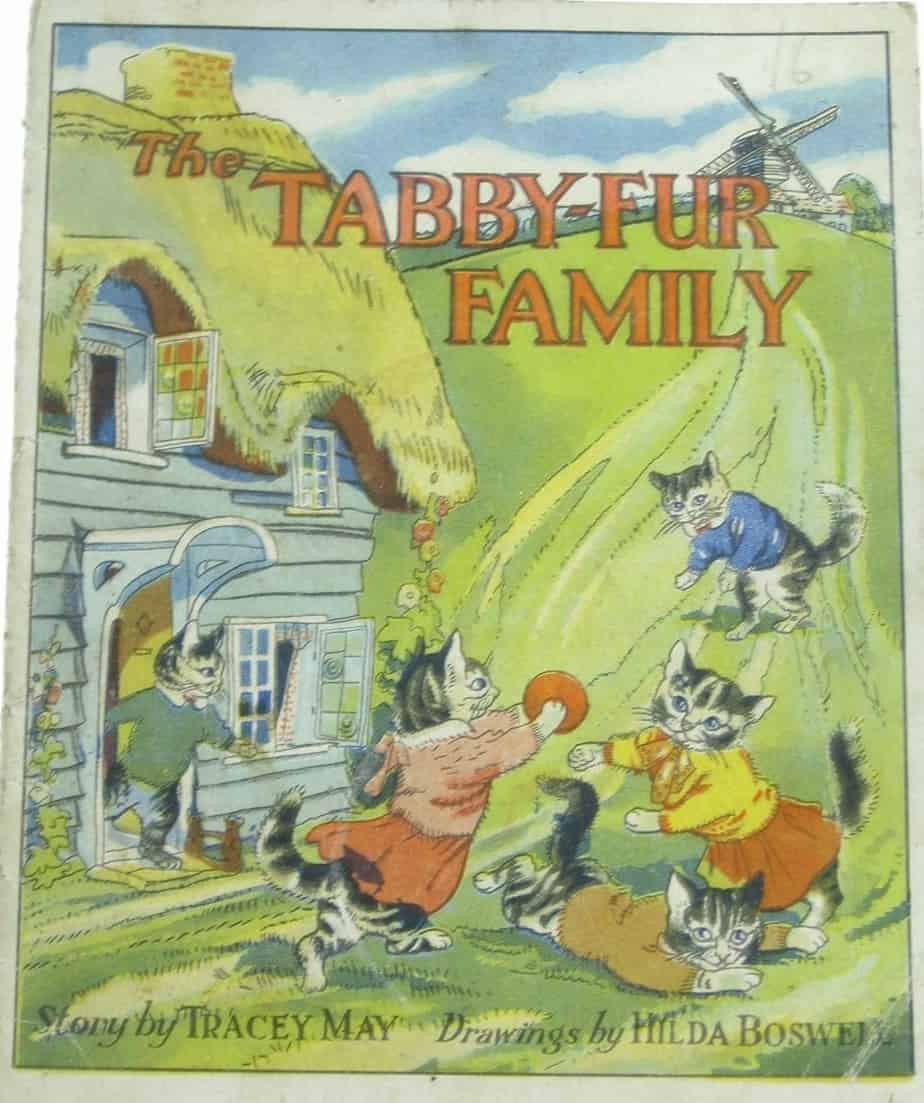
Honestly I’m not sure what’s going on here.
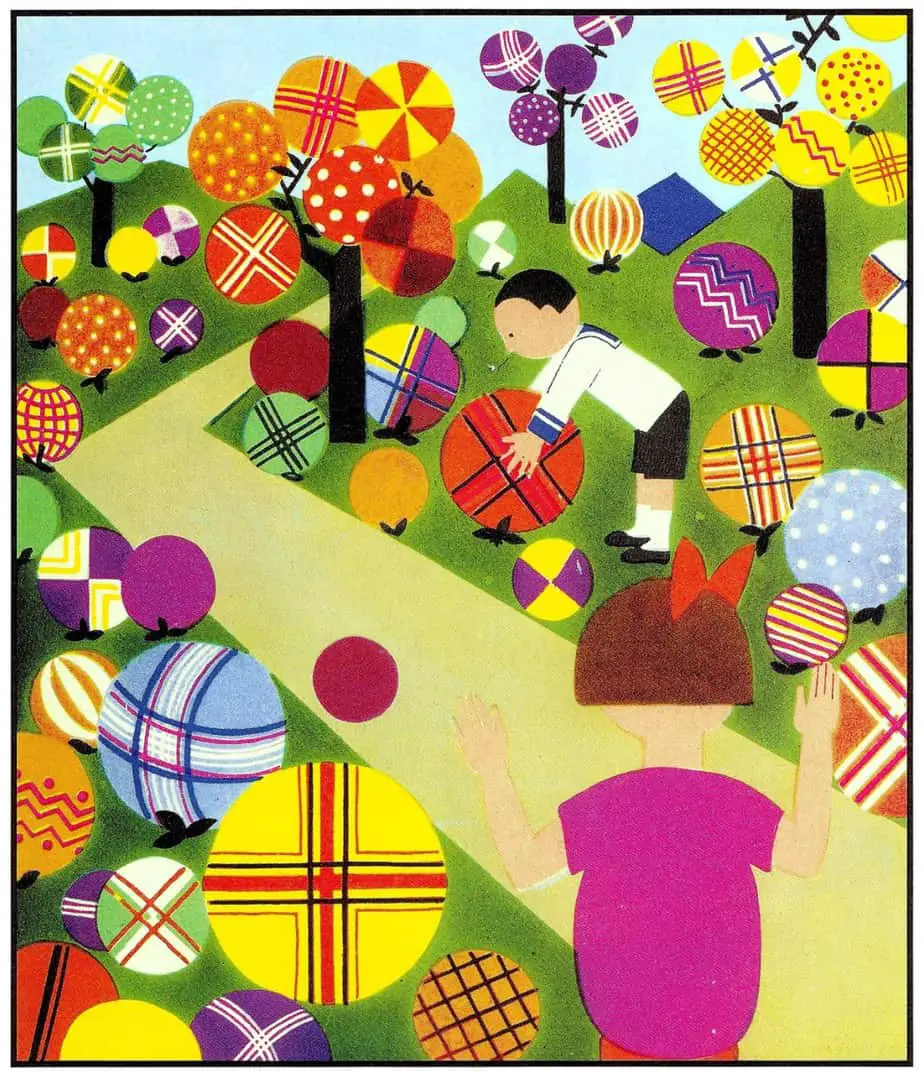
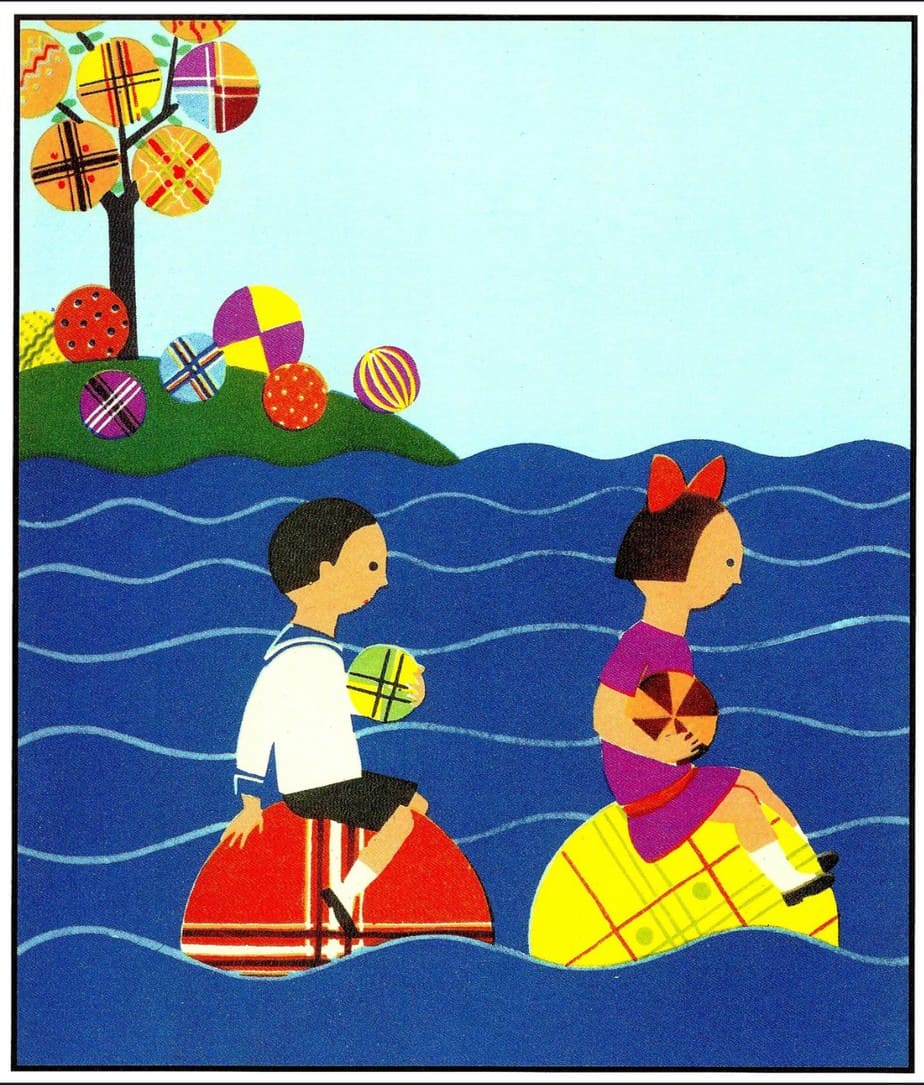
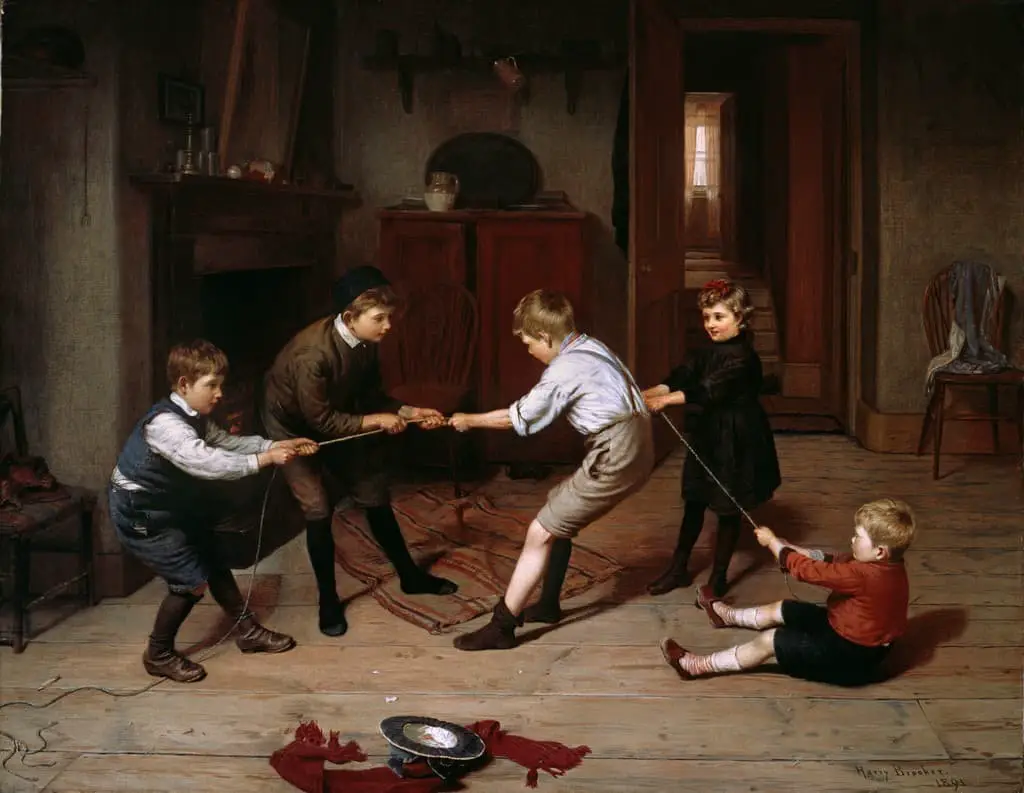
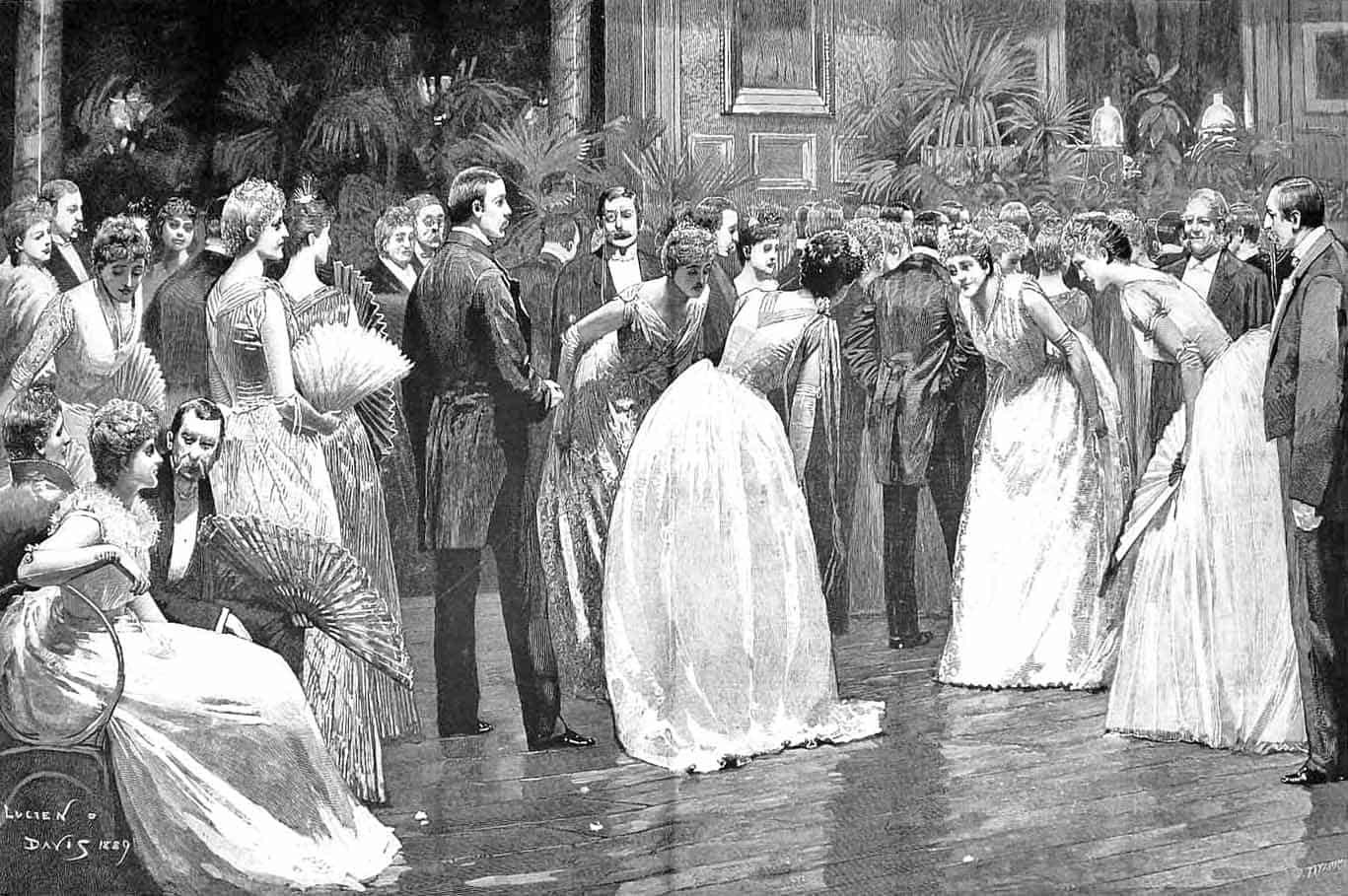
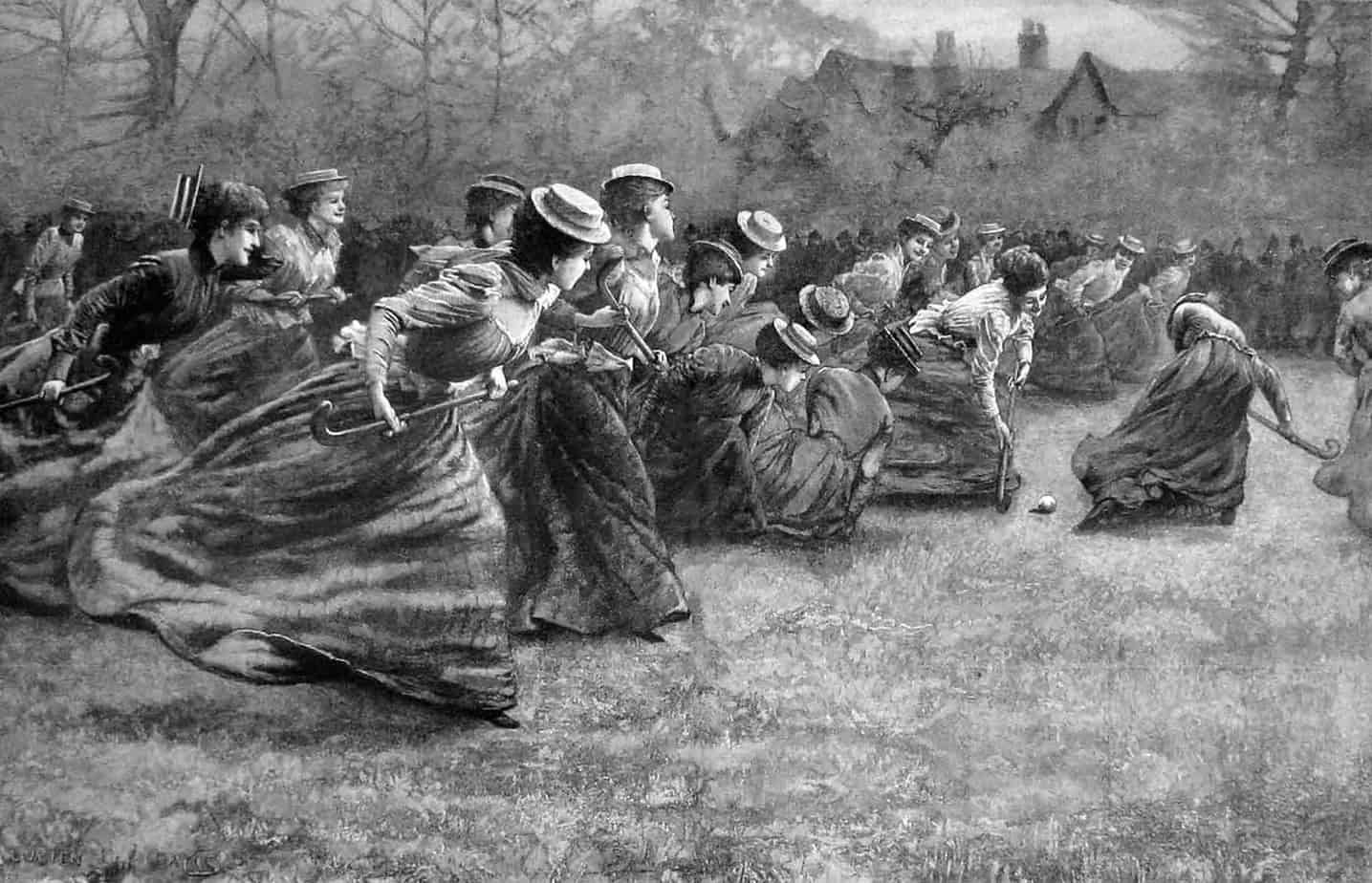
STRING GAMES (CAT’S CRADLE)
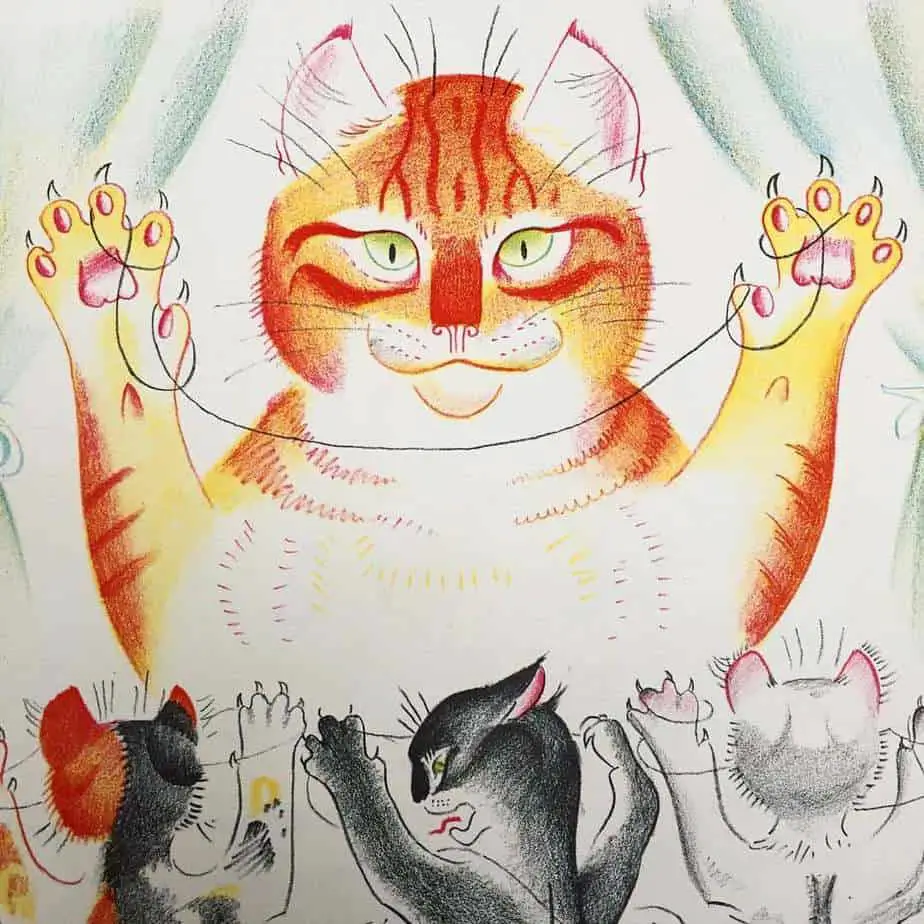
FOOD GAMES
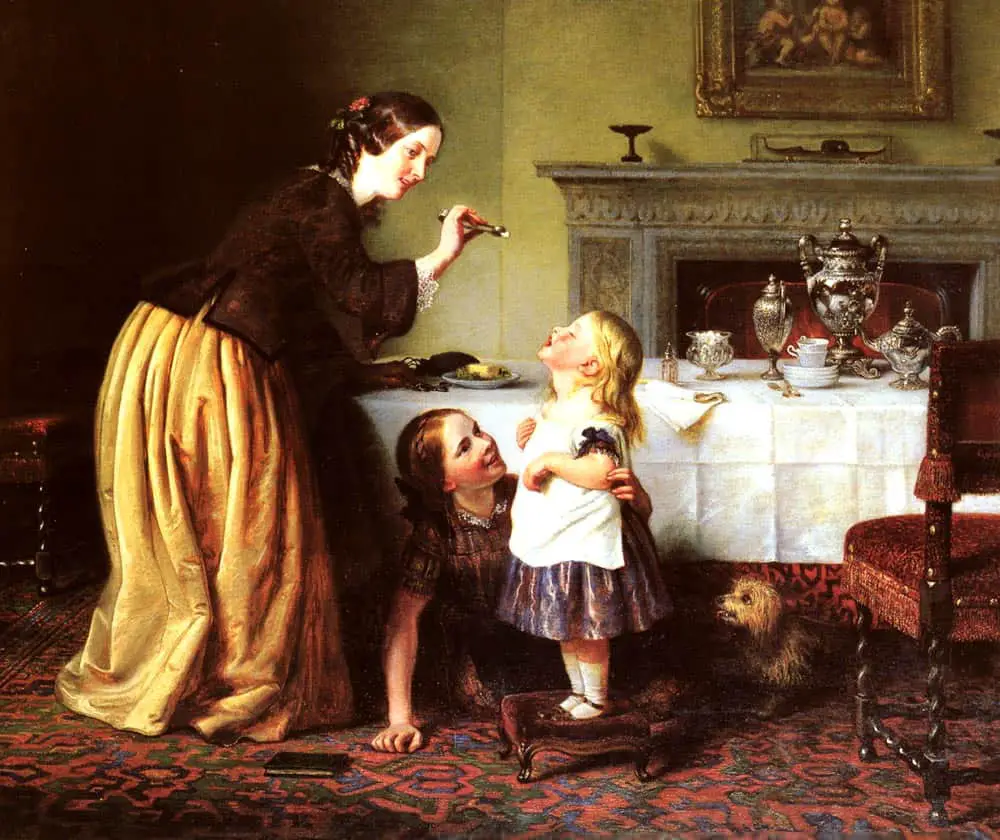
HIDE AND SEEK
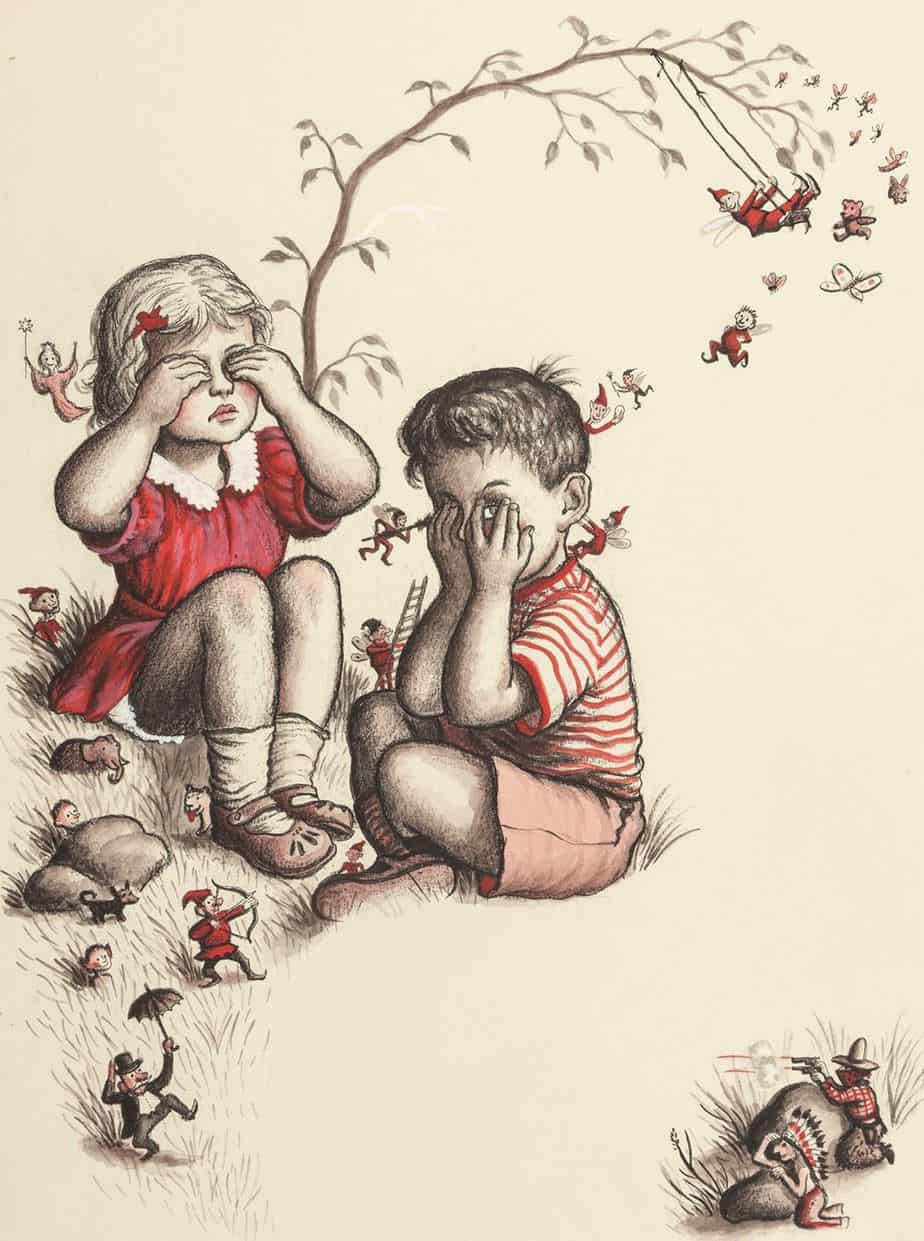
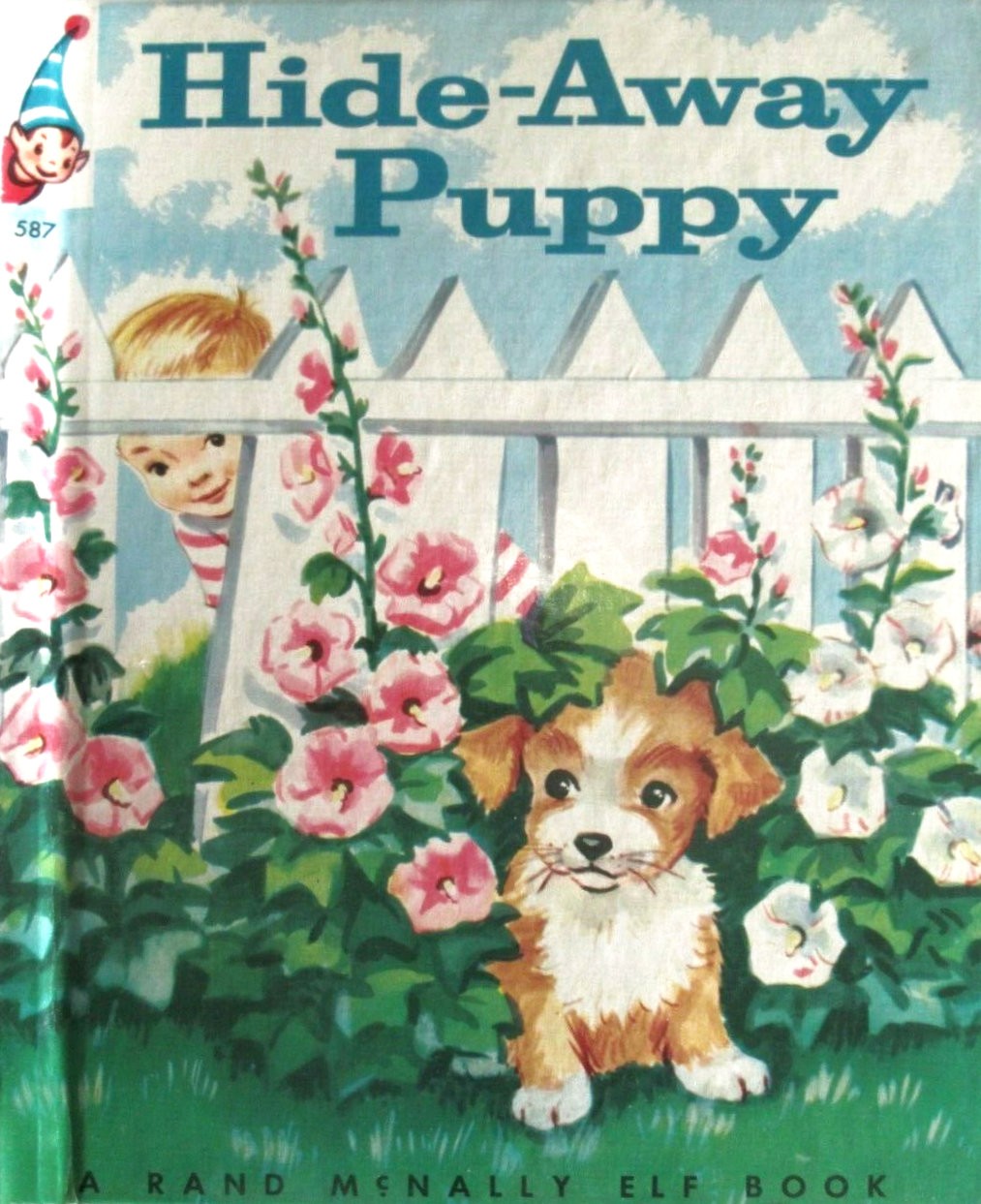
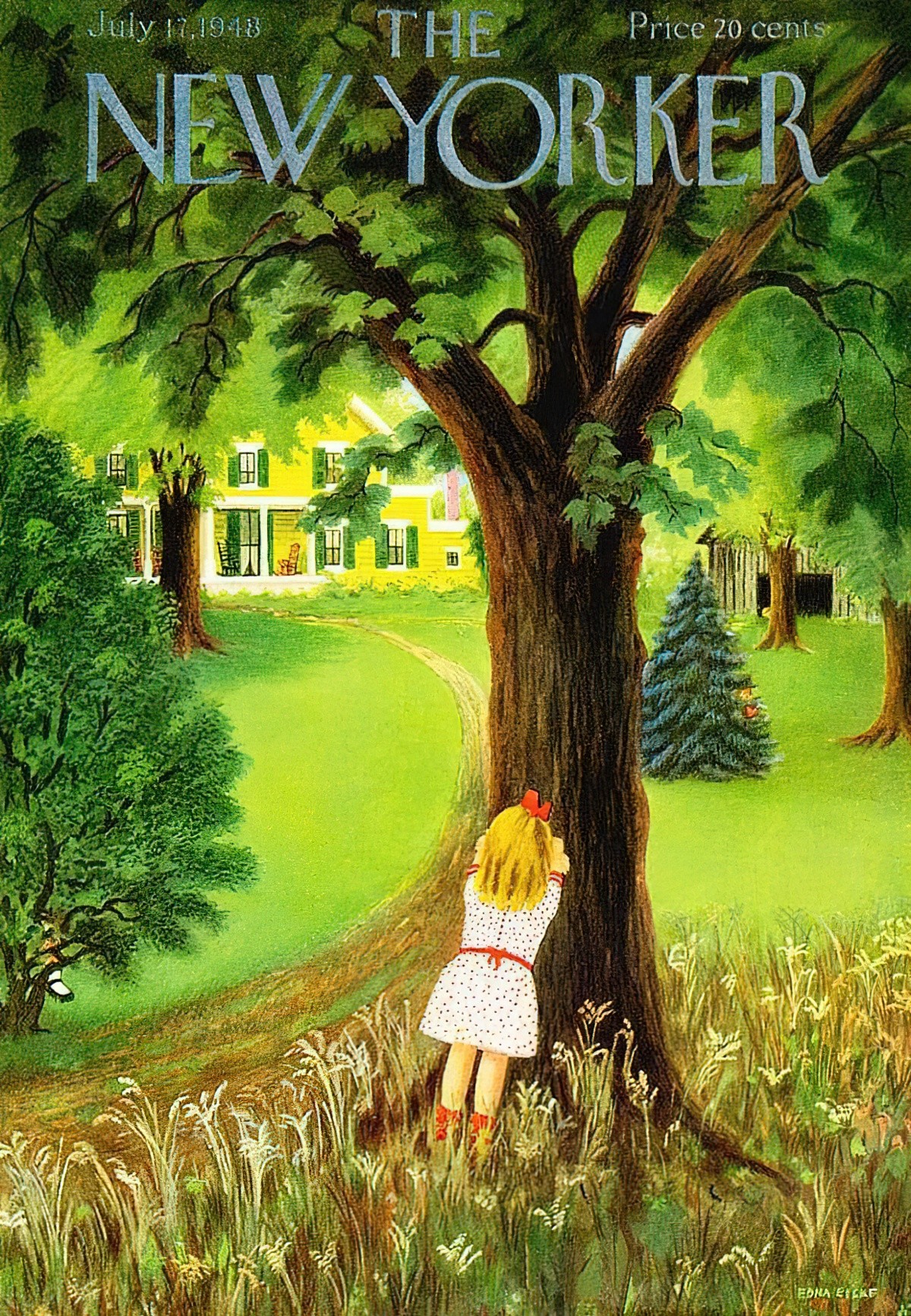
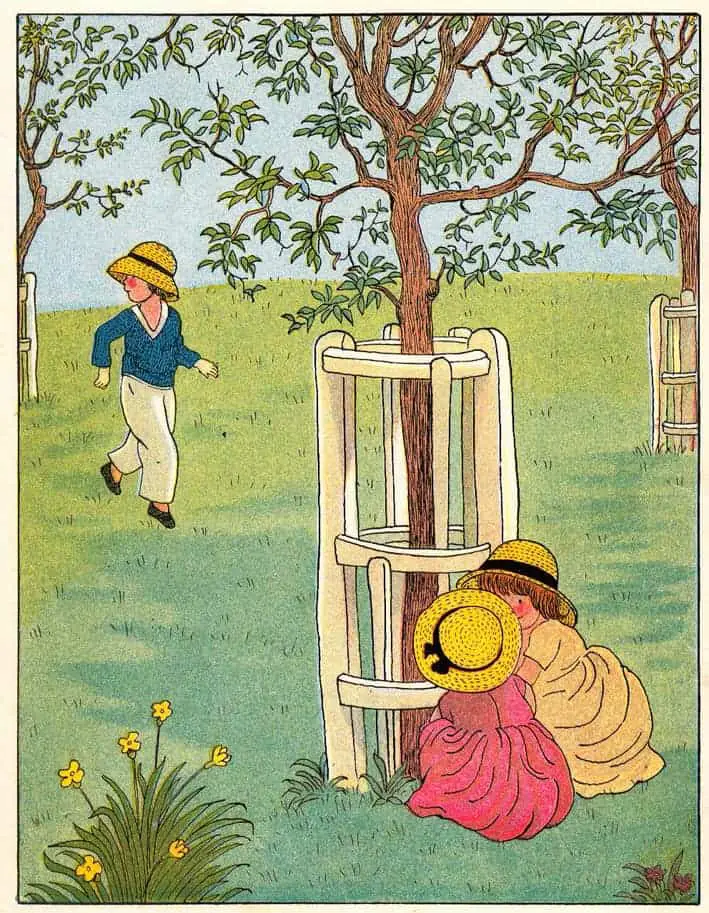
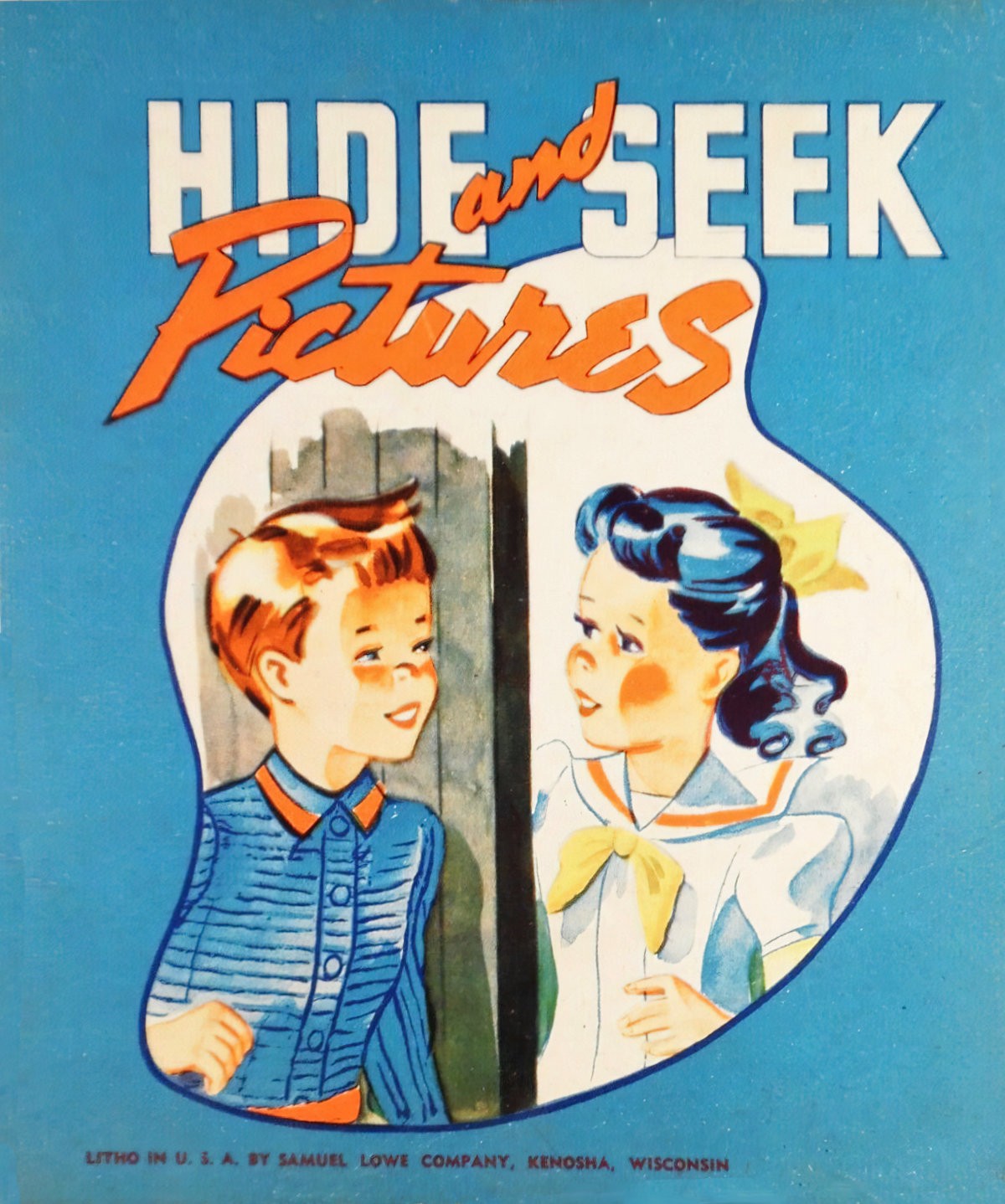
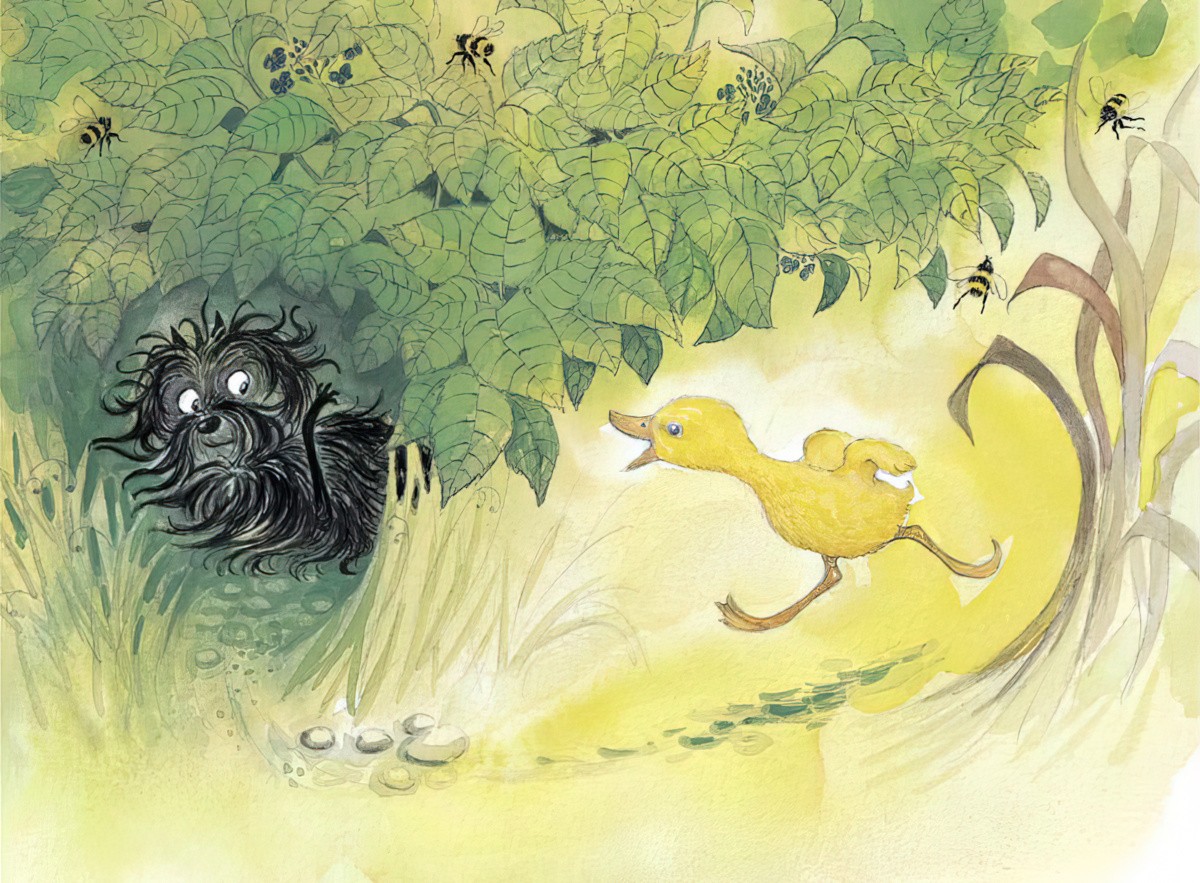
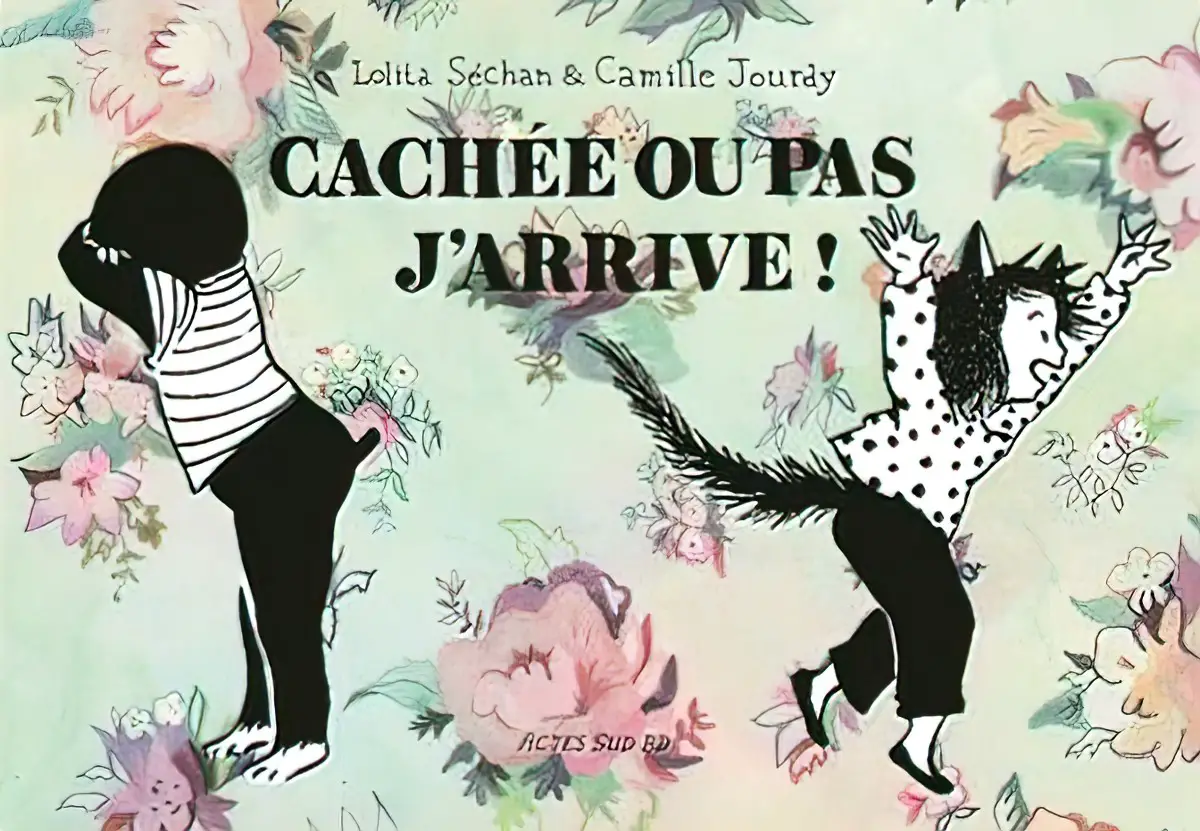
SKIPPING
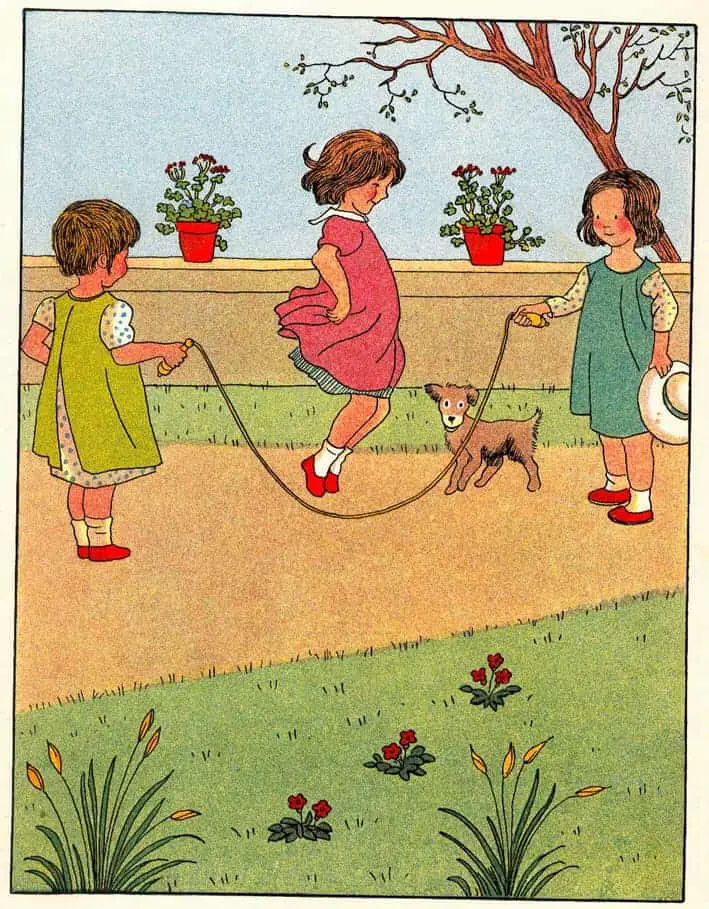
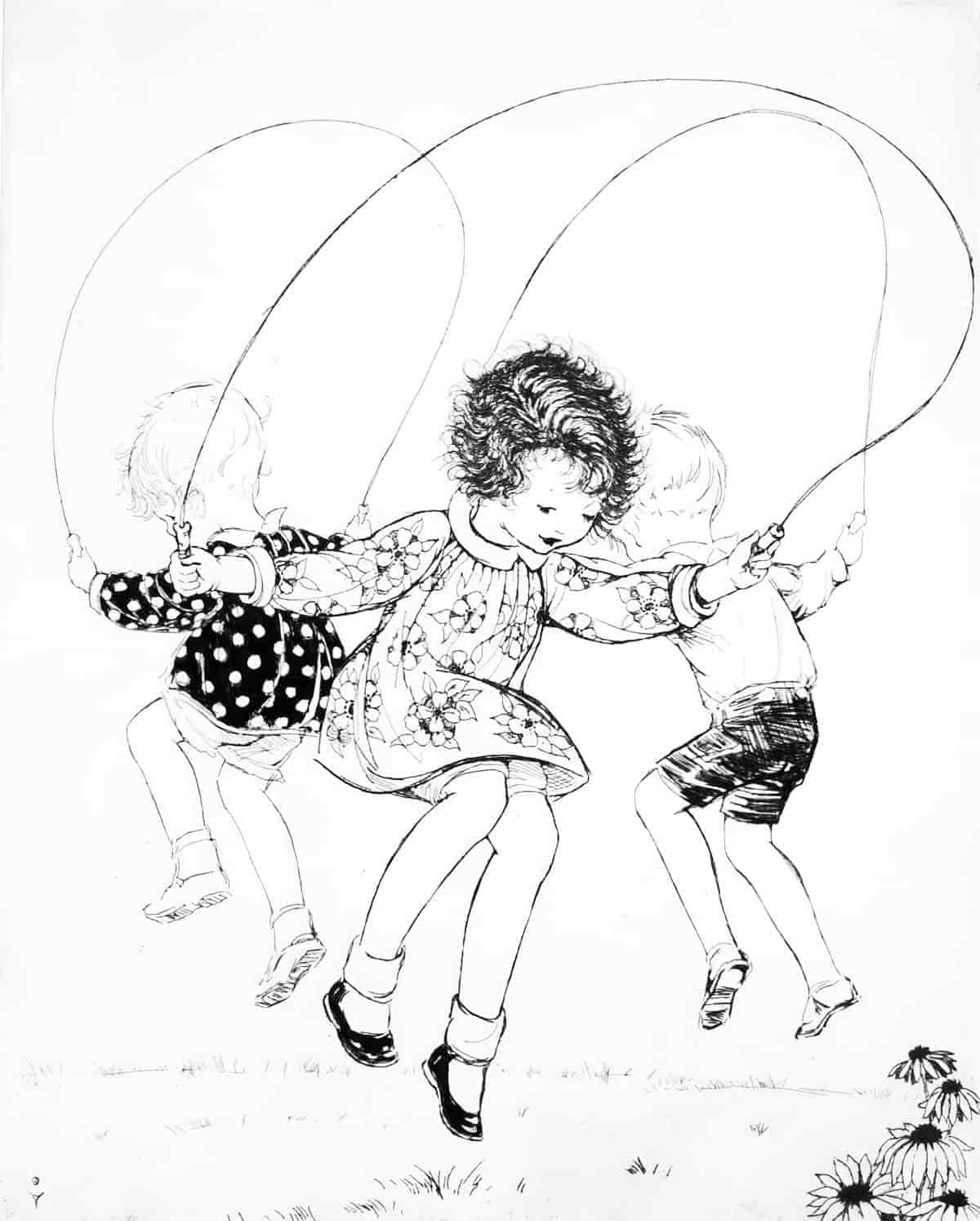
Header illustration: Sports Day Illustration Racey Helps (1913-1970)
